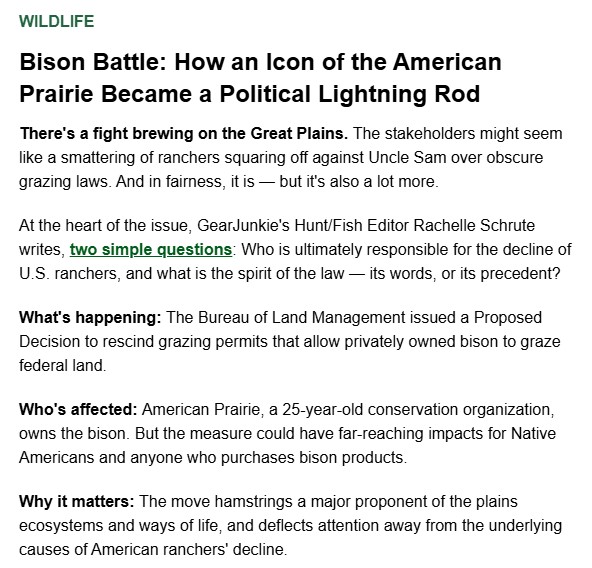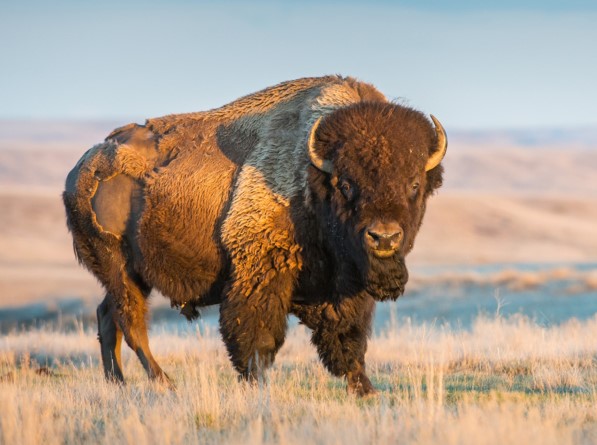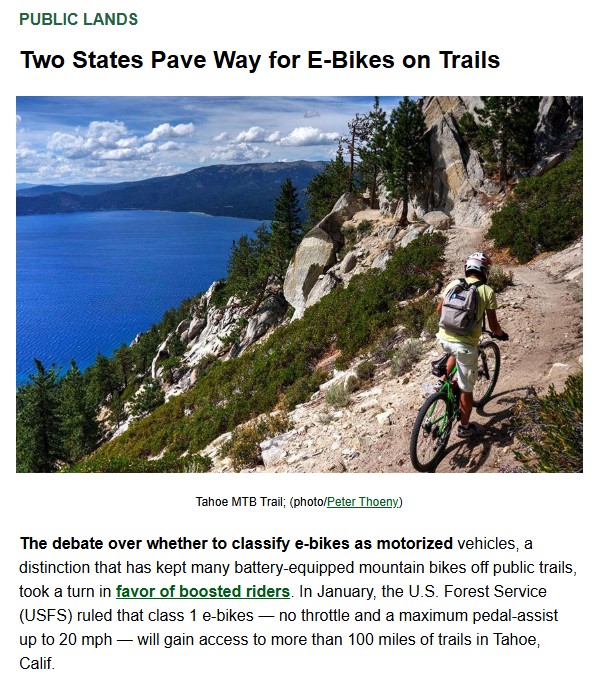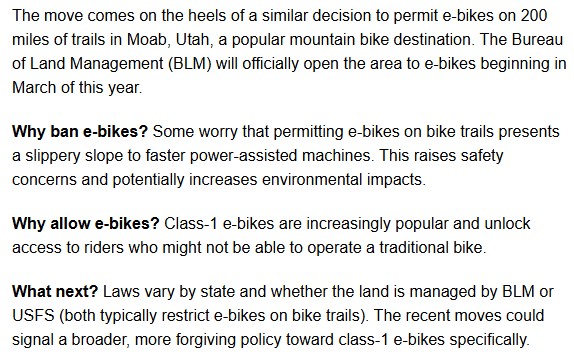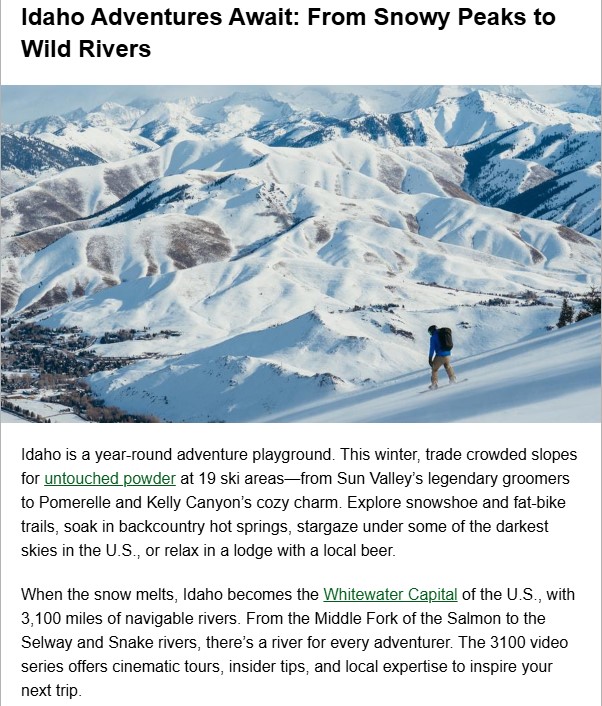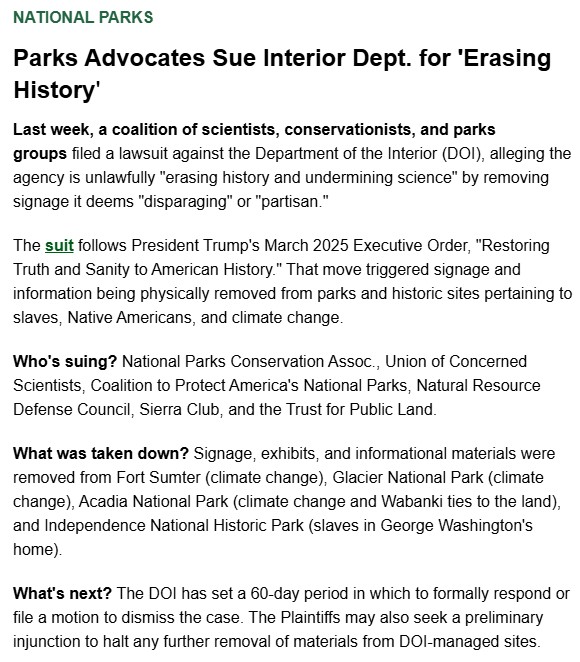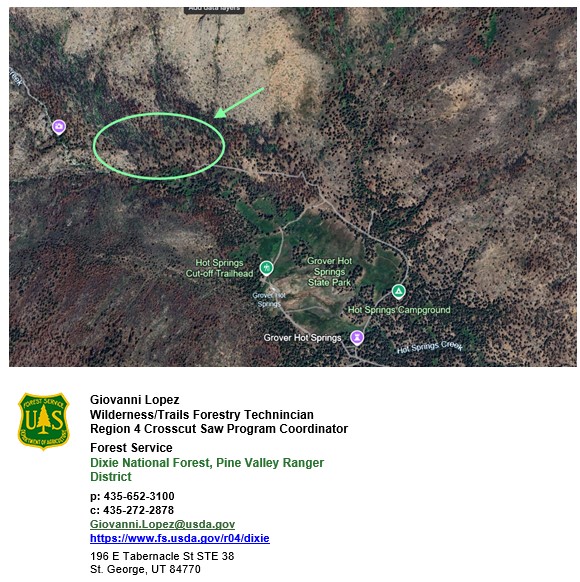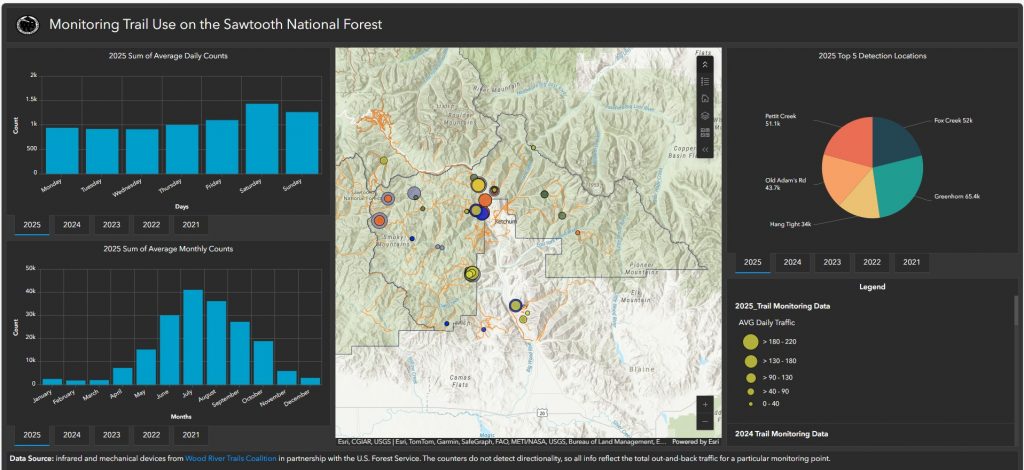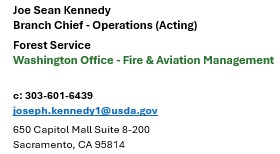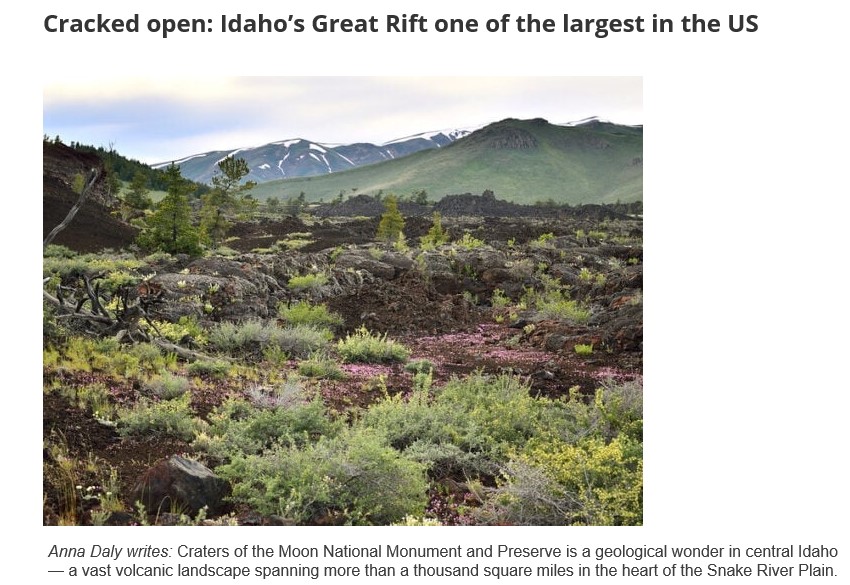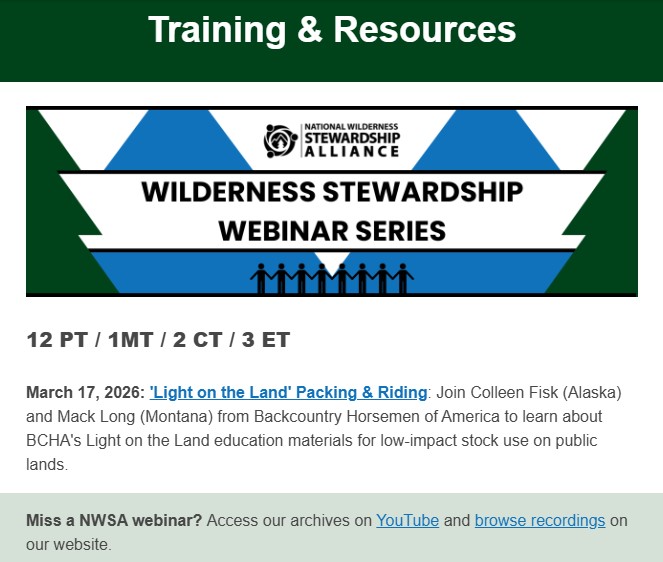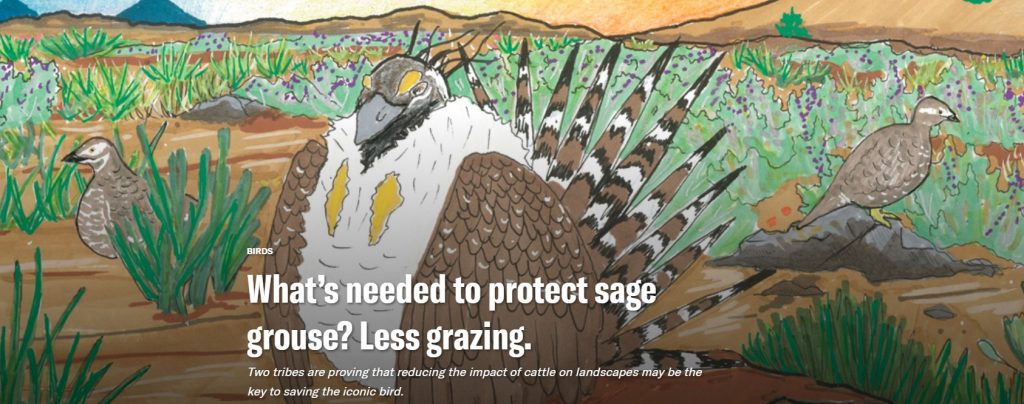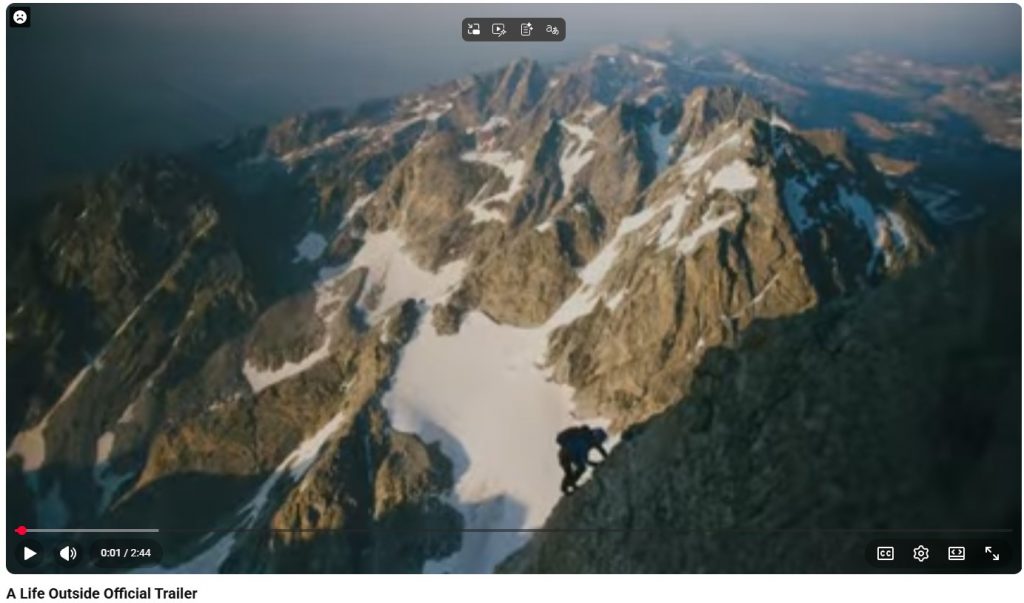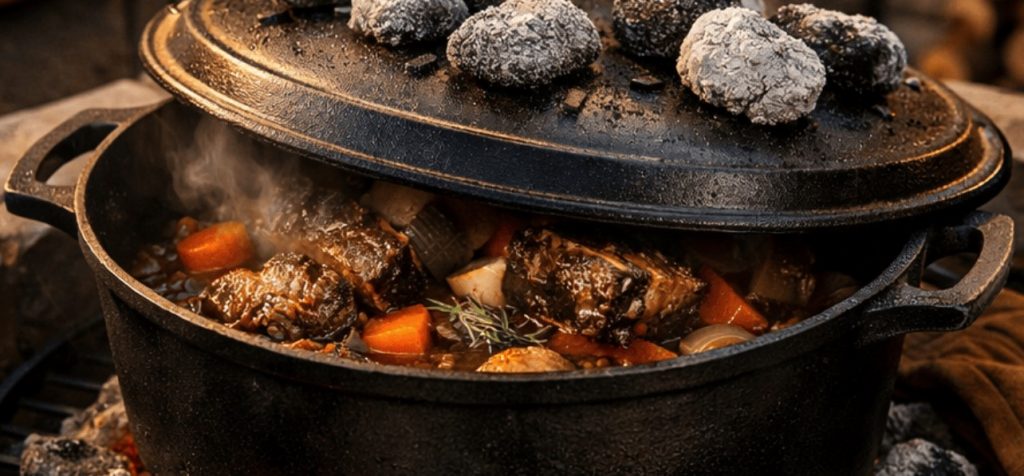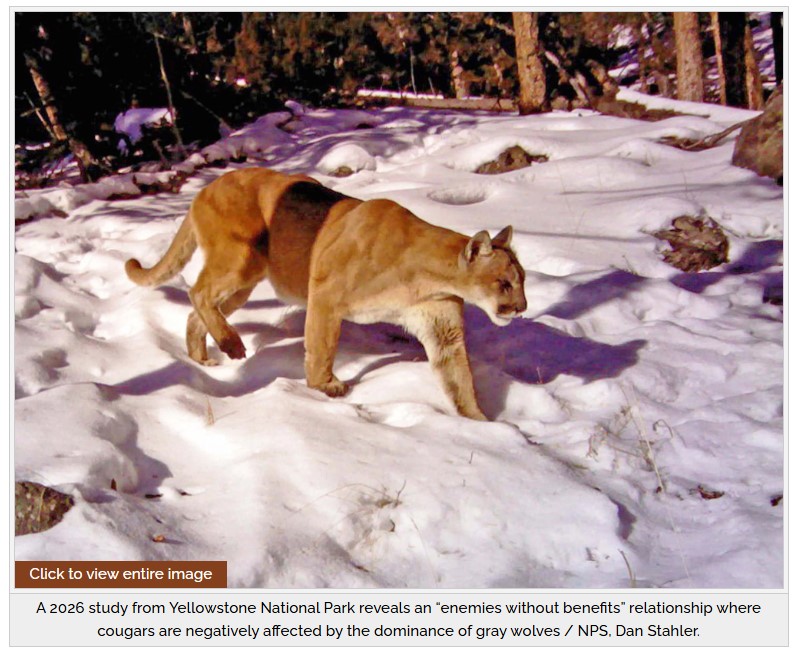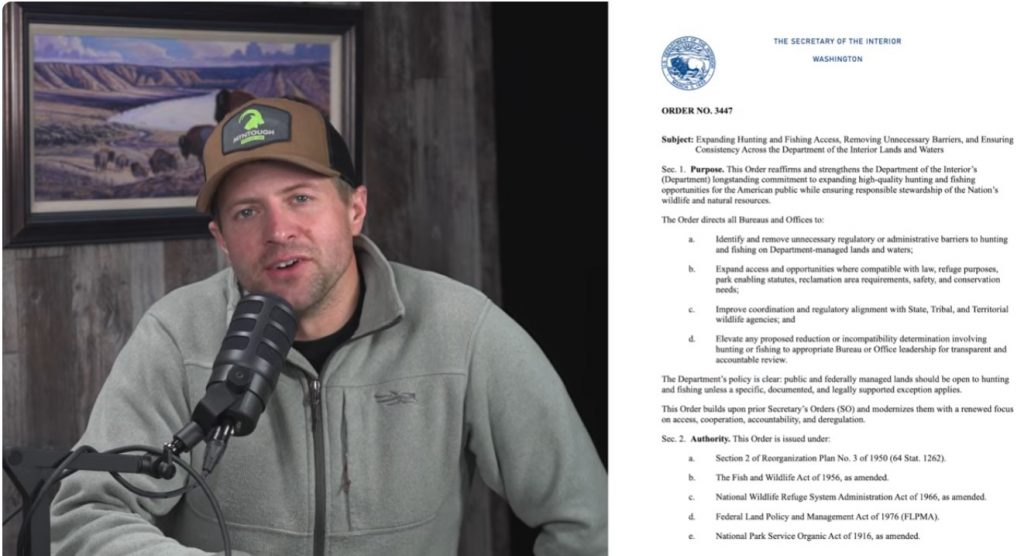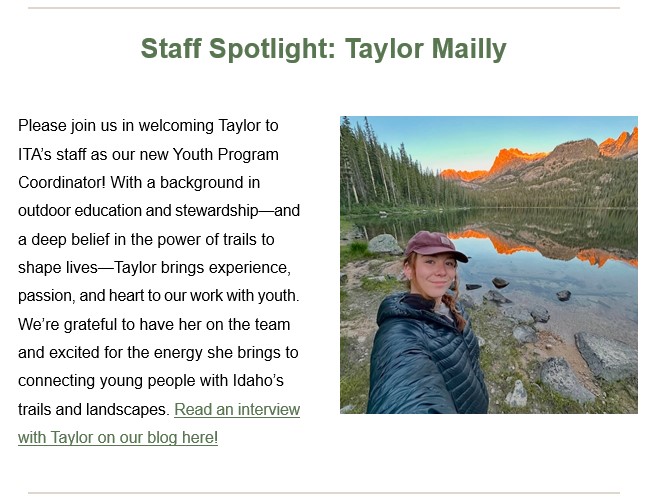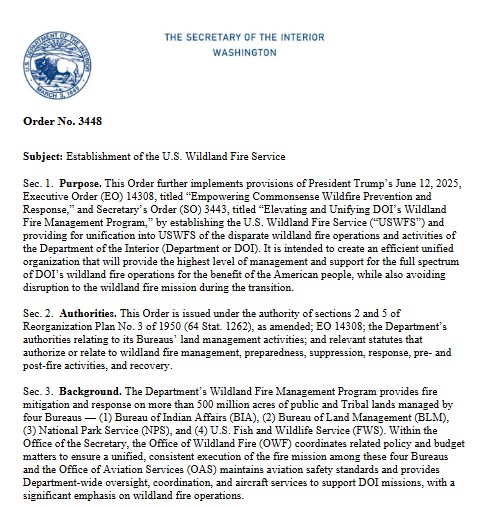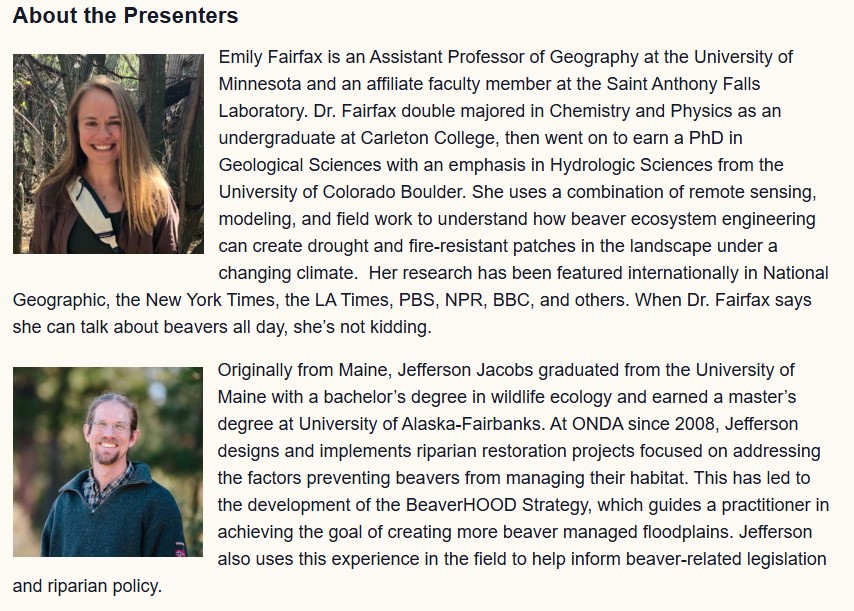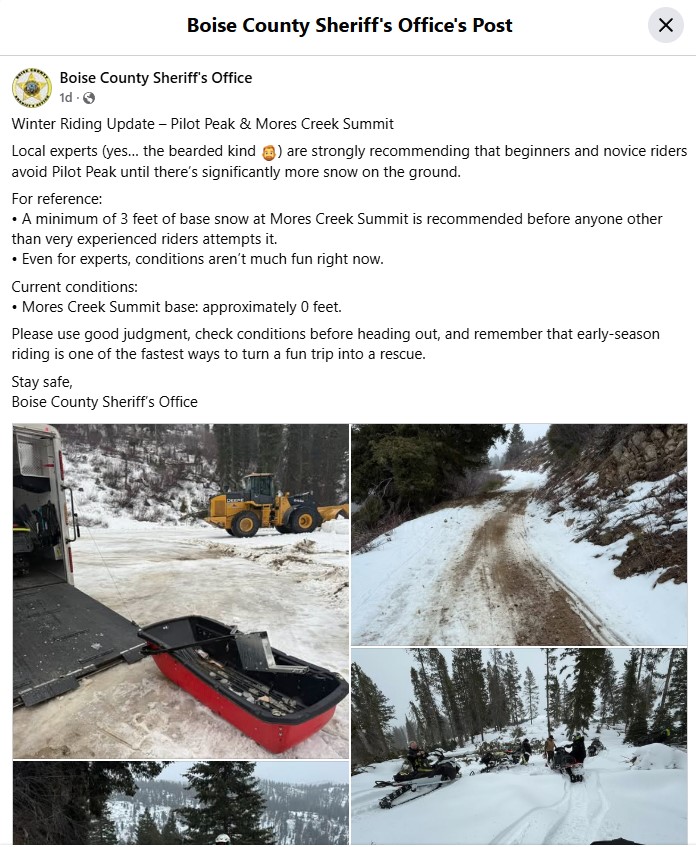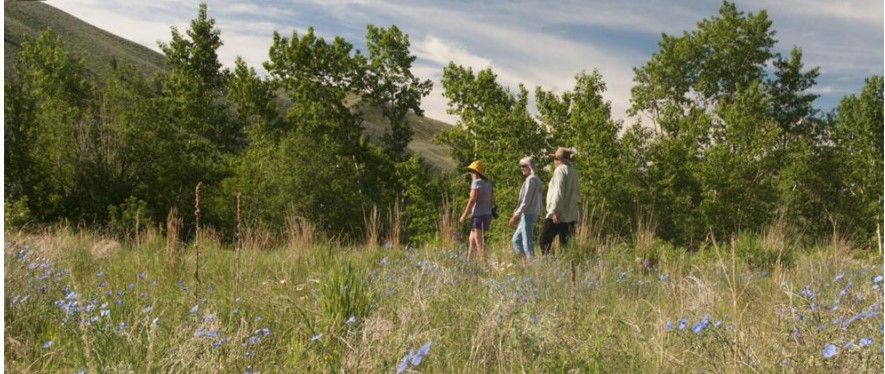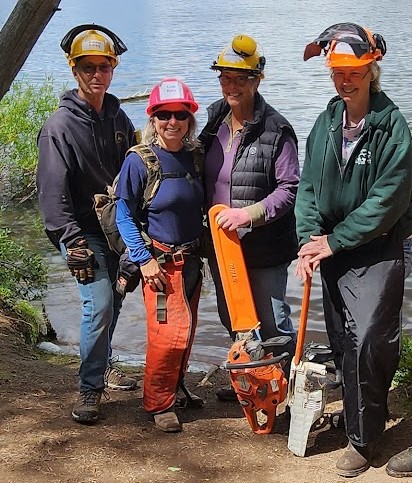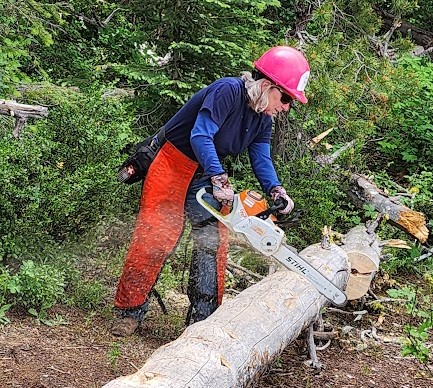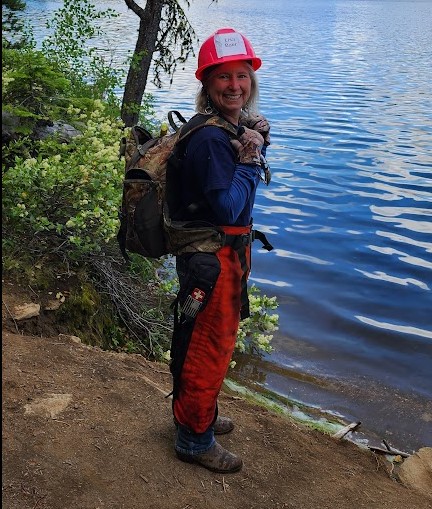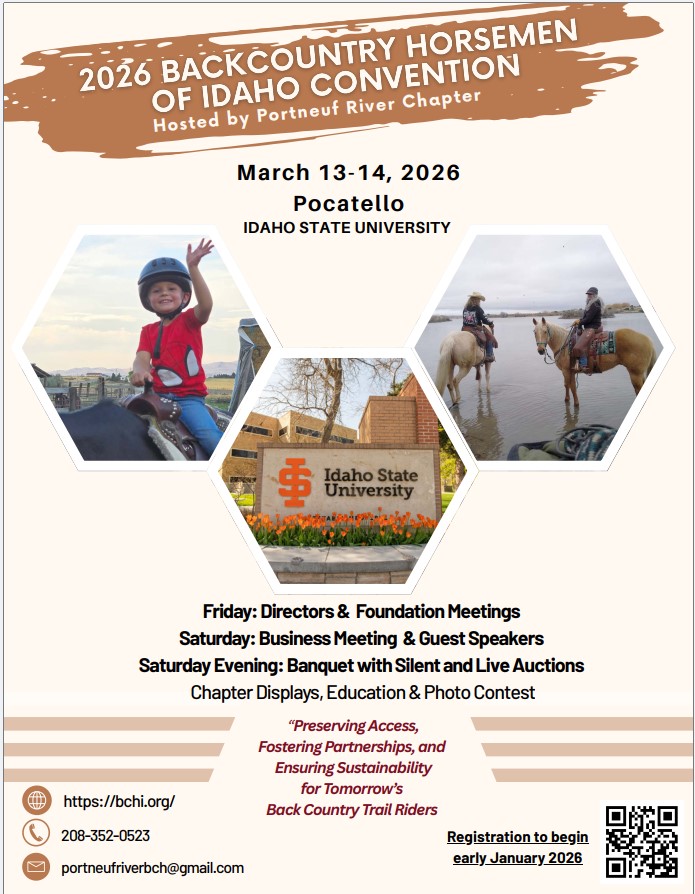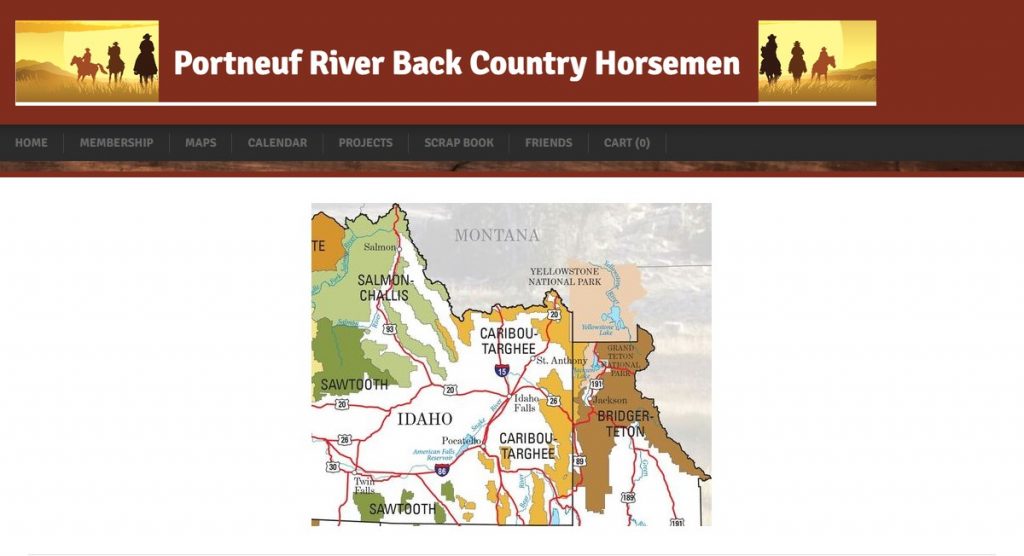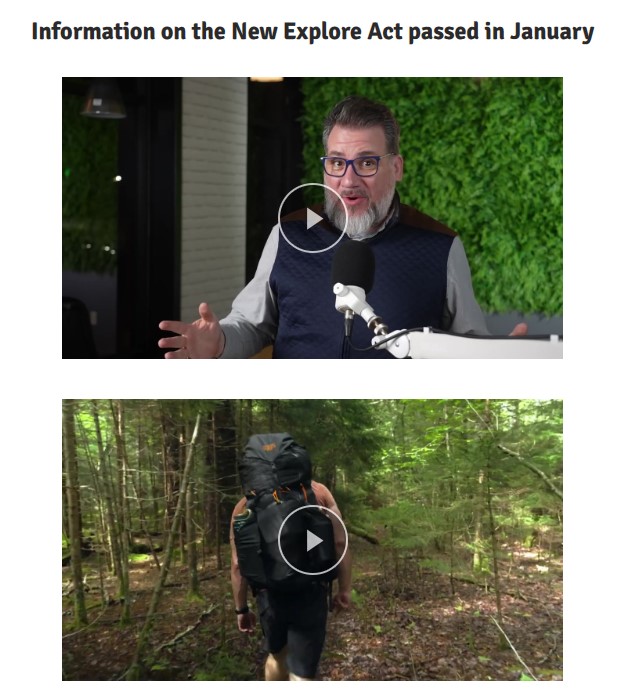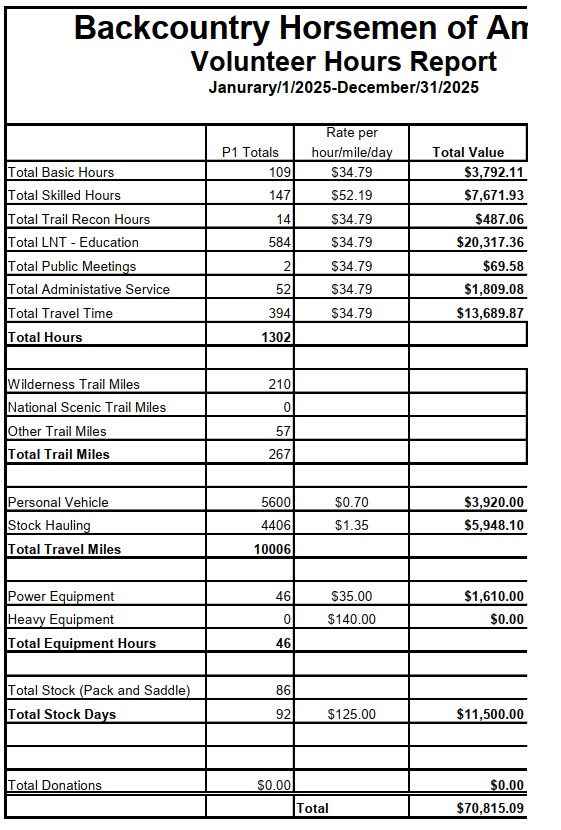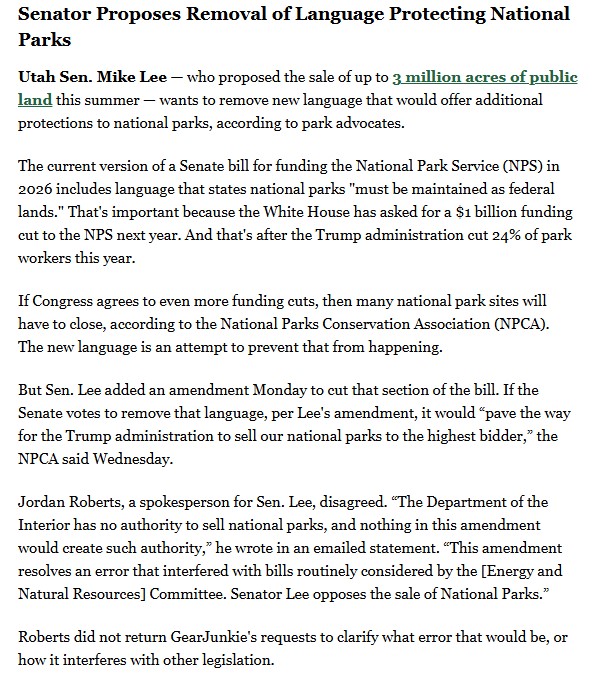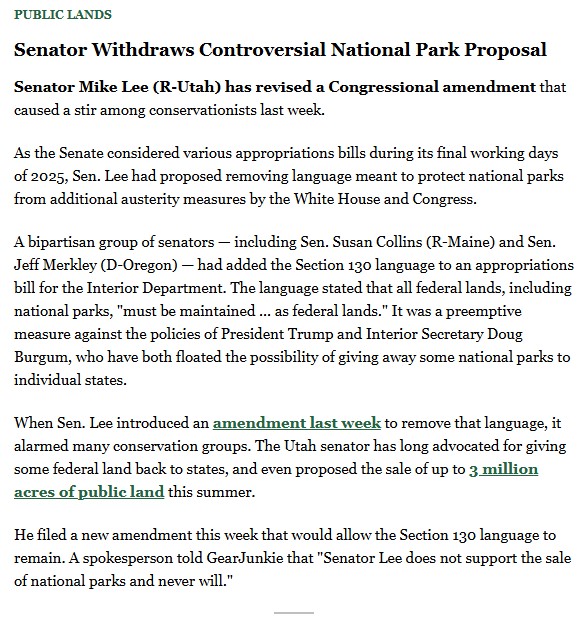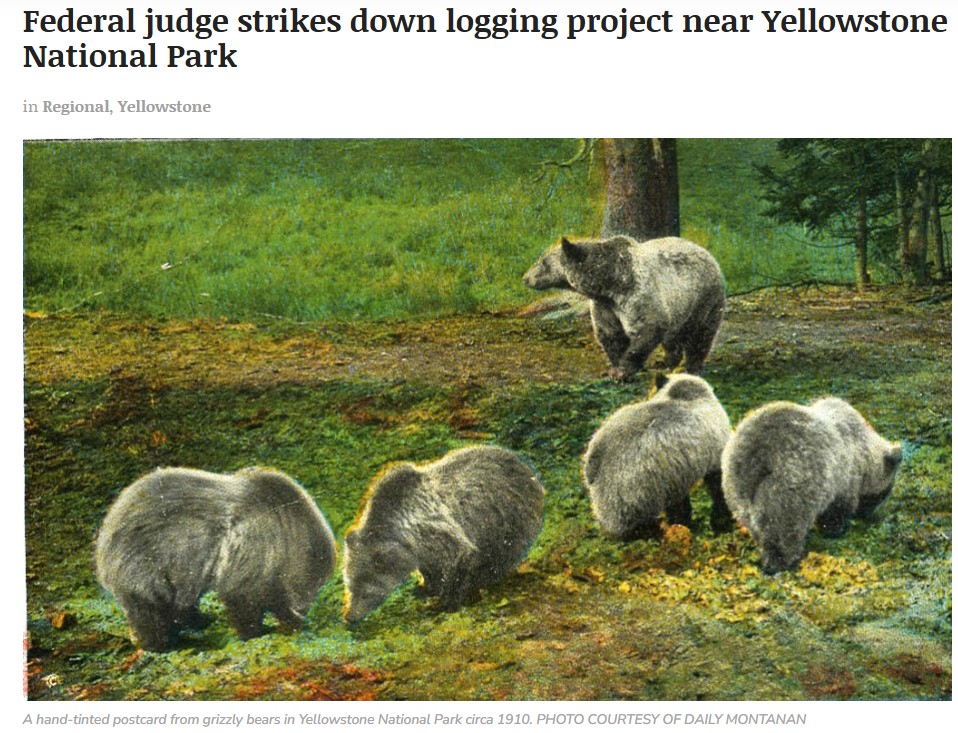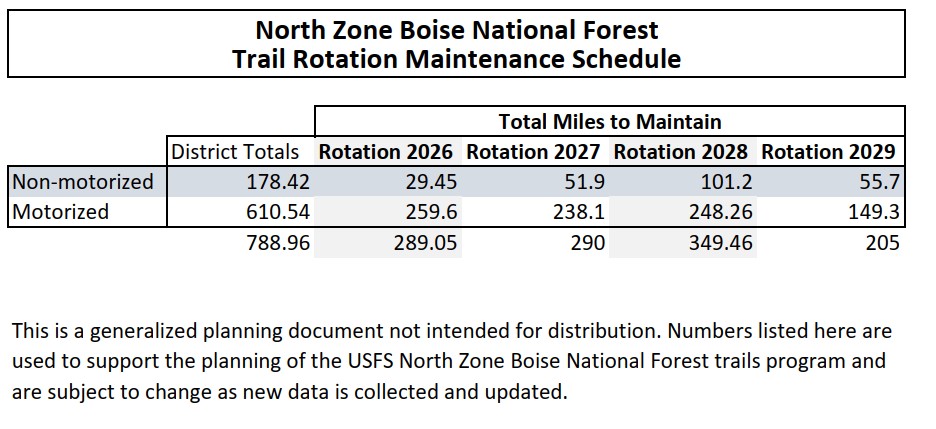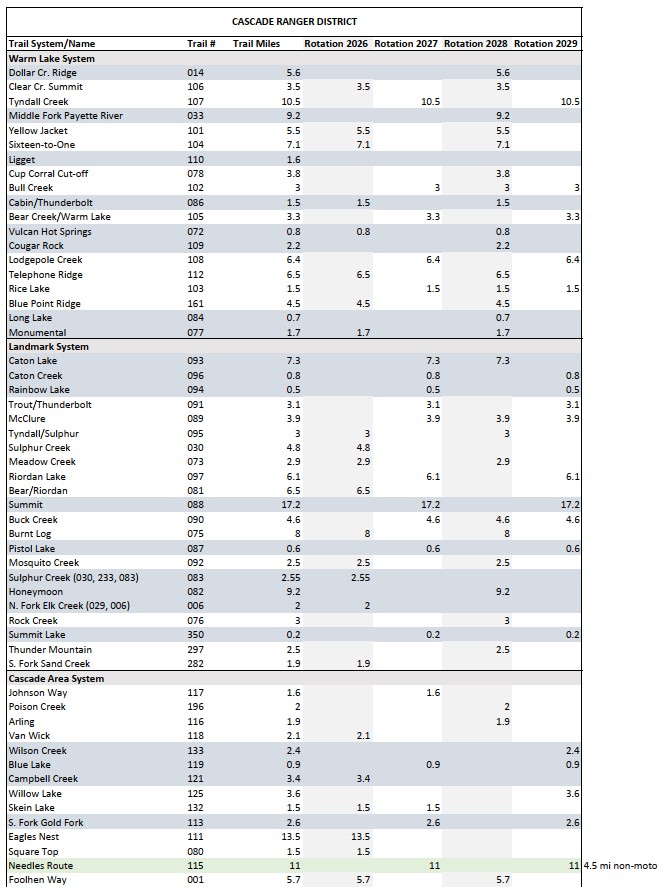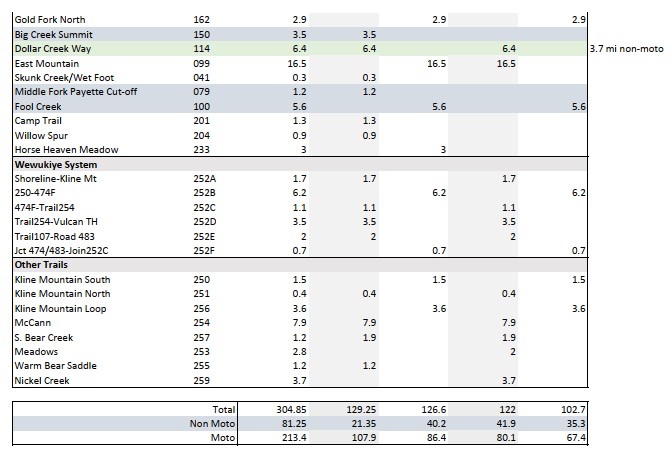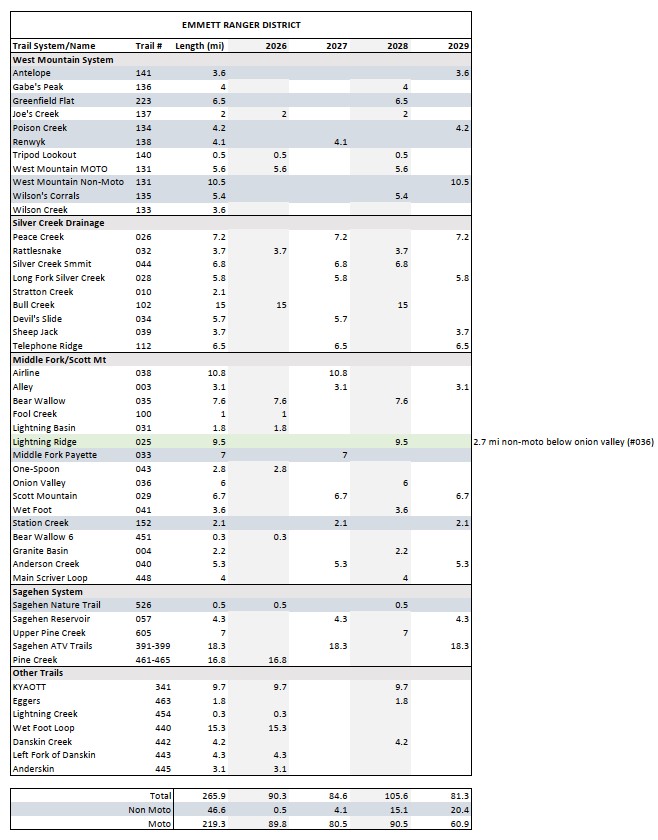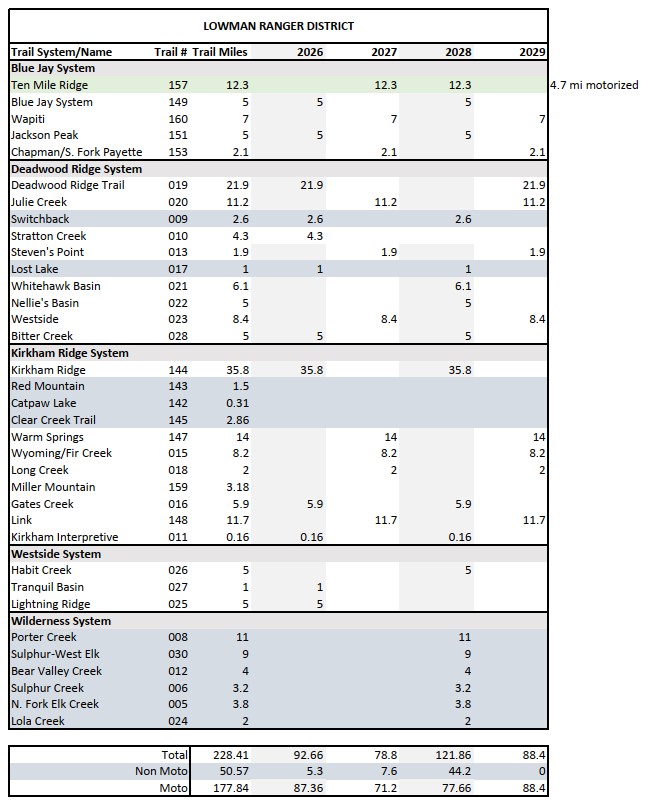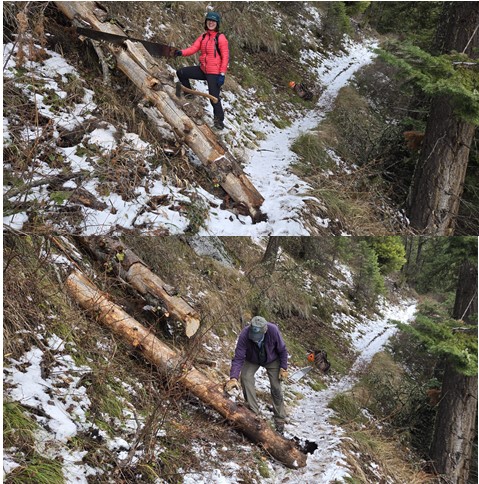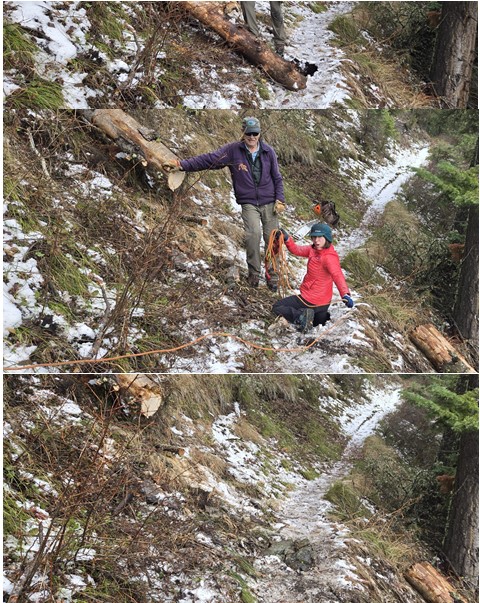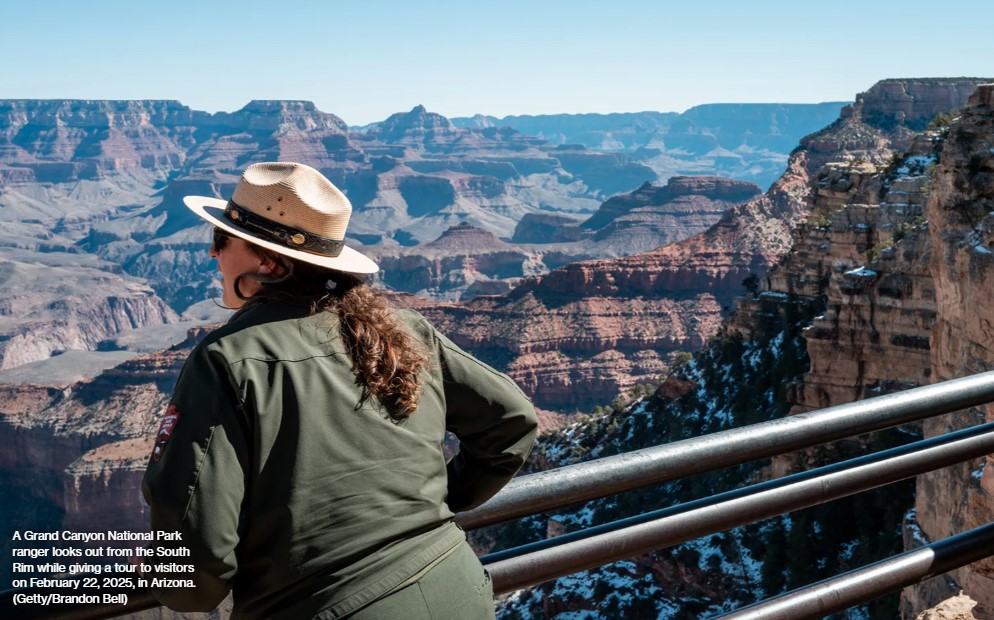Good day everyone,
We are looking forward to hosting a crosscut workshop on the Carson City Ranger District of the Humbolt-Toiyabe National Forest.
The dates will be April 6th-9th. Location will be Markleeville Guard Station (55 Turtle Rock Rd, Markleeville, CA 96120). We will meet at 0900 on Monday the 6th and go a Risk Assessment/Safety Protocol followed by a discussion about dealing with hazard trees and mitigations. The first day will comprise of review and discussion to help reduce the number of incidents and lessons learned from folks in the field. Then we will start the recertification process for lapsed C-Evaluators first.
We will then split into appropriately sized groups based on the ratio of evaluators/participants.
The purpose of this training will be to increase the capacity of qualified sawyers and evaluators within our region and extending into our partner groups so that we can support our local staff needs.
Everyone in attendance should have previous crosscut experience and gone through the Developing Thinking Sawyers curriculum. If you need a review please reach out to me for materials.
Please fill out attached nomination form and respond by March 6th if you can attend or have folks that you would like to attend. Our capacity will be limited to 20 participants.
Additionally, we are still looking for qualified C Level Evaluators. If you have availability please reach out.
Accommodations:
There may be dispersed camping in the area surrounding the guard station, Carson City is about a 45 min drive to the cut site. There are other small towns such as Alpine Village and Fredericksburg, CA plus Gardnerville, NV that also offer lodging so please plan accordingly.
Dispersed Camping option: https://maps.app.goo.gl/SbaUqkAUGwGBZh5b8
Developed Campsite option: https://maps.app.goo.gl/vdor2EZJJ4KB9cHA8
Contact Tyler Dayberry or myself if you have any questions about the area or the training.
I will follow up with an itinerary and gear list to individuals once selections are made.
Thank you.
Nomination Region 4 Crosscut Workshop
Trump’s Pick to Lead National Parks? An Executive Who Manages Private Hotels Within National Parks
The White House announced a new director of the National Park Service (NPS) last week — and parks advocacy groups are not happy about the choice.
Hospitality executive Scott Socha is President Trump’s pick to lead the NPS, according to a list of new federal appointments announced on Feb. 11. Unlike many past directors of the NPS, Socha has no apparent experience in public service or conservation.
Moreover, Socha’s company, Delaware North, specializes in hotels and resorts, many of which are located within national parks. Delaware North has even successfully sued the NPS over the ownership of iconic names, including “Yosemite National Park.”
The Senate must still confirm the nomination of Socha, who is “totally qualified” to implement Trump’s plans for the parks, a White House spokesperson told GearJunkie on Tuesday. “Scott looks forward to implementing America First initiatives, such as increasing park access for American families, reducing permitting burdens, and raising money for conservation projects,” spokesperson Taylor Rogers said.
However, parks groups point out that Trump’s plans for the park service have also included a proposed $900 million cut, which parks organizations have said would shutter hundreds of NPS sites around the country.
Public Facing Website : Developing Thinking Sawyers Curricula | Powered by Box
To present this material you must hold a current USFS “C” level sawyer card and have an endorsement letter from the regional saw coordinator.
Good morning all,
I would like to announce Justin Nash as the National Saw Program Manager (NTE 120 detail) with a start date of February 22, 2026. Nash, Justin – FS, <justin.nash@usda.gov>
Nash grew up in a small town near Yosemite National Park, where his early experiences in the outdoors fostered a lifelong commitment to natural resource stewardship. He began his wildland fire career in California in 2007 and has extensive experience across multiple disciplines, from local operations to national-level fire management.
A graduate of the University of Nevada, Reno’s Rangeland Ecology Program, Justin combines academic expertise with practical leadership in fire operations. The Wildland Firefighter Apprenticeship Program played a pivotal role in his early career development, and he continues to contribute as an instructor each year. Justin has extensive experience in the Forest Service saw program and has served as a forest saw program manager and designated regional program instructor.
Justin’s career reflects a strong commitment to advancing operational excellence and workforce development within the fire organization. Outside of work, he enjoys exploring national forests with his wife, Jess, and their two dogs, continuing the connection to the outdoors that began in the shadow of Yosemite.
Congratulations to Justin Nash who will be detailed in as the USFS National Saw Program Manager. As many of you already know, Justin has spent a large part of his career here in Region 4 on the Humboldt Toiyabe NF and has been an integral part of our saw program. He will be an outstanding addition to our National Saw Program as we continue to move forward.
Tinker Bugs Prescribed Fire Tree Fatality SAI and Annual Incident Review Summary for 2025
Good afternoon all. Attached is the Annual Incident Review Summary for 2025 that the Lessons Learned Center just recently released. Within the summary for 2025, it includes 26 Hit by Tree incidents, 12 of which were during tree felling operations. Also highlighted are 11 chainsaw cut incidents, six that occurred because of kickback. The lessons and numbers affiliated with these events fill the pages with opportunities to learn. Please, take an opportunity to review these incidents and the links provided in the summary.
Also attached is the Tinker Bugs Prescribed Fire Hit by Tree Fatality Serious Accident Investigation where an Idaho Department of Lands (IDL) firefighter, Isabella Oscarson, was struck by a fire weakened tree causing fatal injuries while conducting prescribed fire operations on the Nez Perce-Clearwater National Forest. “This report is dedicated to her memory, her service, and the spirit of leadership and kindness she embodied. — Through Learning we honor the fallen.”
There are a number of incident reviews, including saw and tree related, on the Wildland Fire Lessons Learned Center database that are very easily filtered. If you aren’t familiar with the website, here is the link: https://lessons.fs2c.usda.gov/ Thanks and please let me know if you have any questions.
Tinker Bugs Prescribed Fire Hit by Tree Fatality Serious Accident Investigation
And within it lies something just as remarkable: the Great Rift — a chain of deep volcanic cracks and fissures stretching across the landscape.
According to the Bureau of Land Management, it’s considered one of the largest and most recently formed volcanic rift systems on land in the continental United States.
“At 635 square miles, it is considered to be the largest, deepest, and most recent volcanic rift system in the continental United States,” the agency notes. “Many of Idaho’s most fascinating geological features lie along this potential wilderness.”
Idaho’s Great Rift is one of only a few known volcanic rift systems of its kind on Earth. Another, far more expansive rift, stretches from Ethiopia to Mozambique in eastern Africa.
“The Great Rift System is a volcanic rift zone that consists of eruptive fissures, cinder cones and other volcanic vents, non-eruptive fissures, and faults confined to a narrow belt,” the National Park Service’s website notes. “Most of the recent volcanic activity on the Snake River Plain is located along volcanic rift zones, which trend roughly perpendicular to the axis of the Snake River Plain.”
The Great Rift begins at Craters of the Moon — the northernmost lava field. The rift cuts down over 50 miles southeast from the Pioneer Mountains, landing at the Wapi Lava Field.
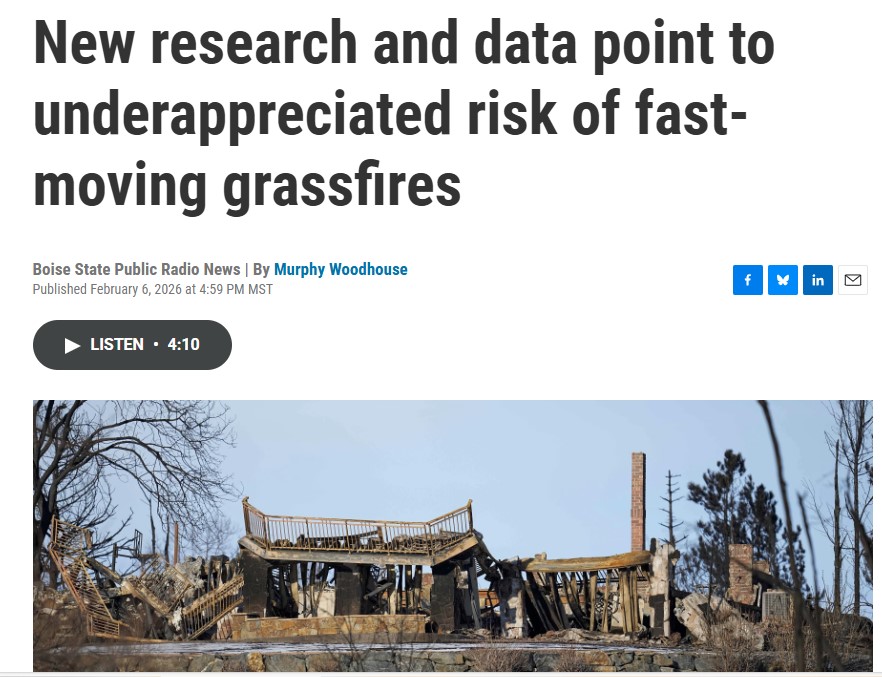
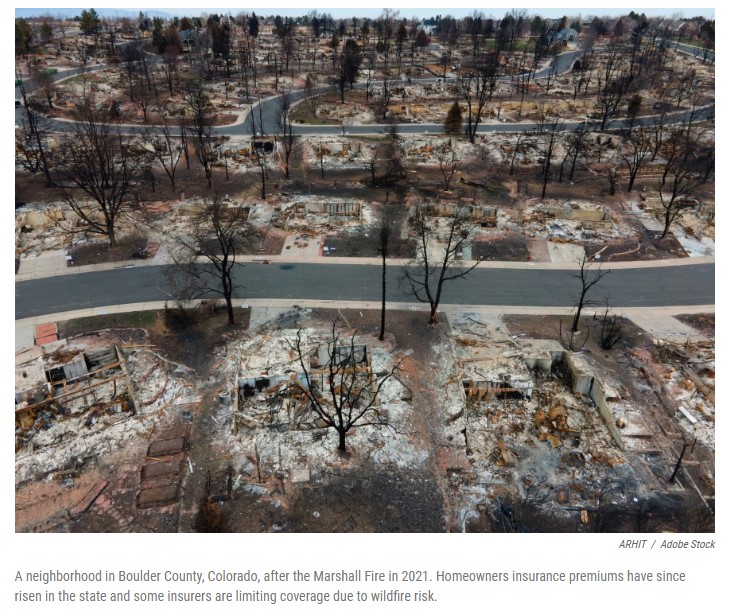
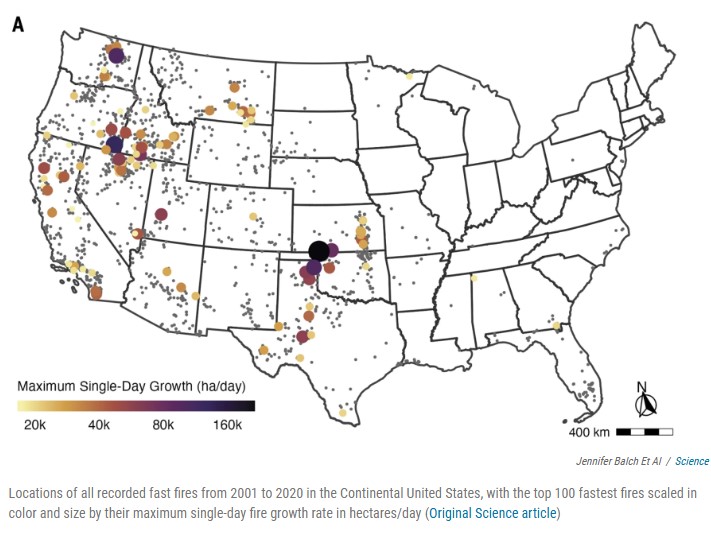
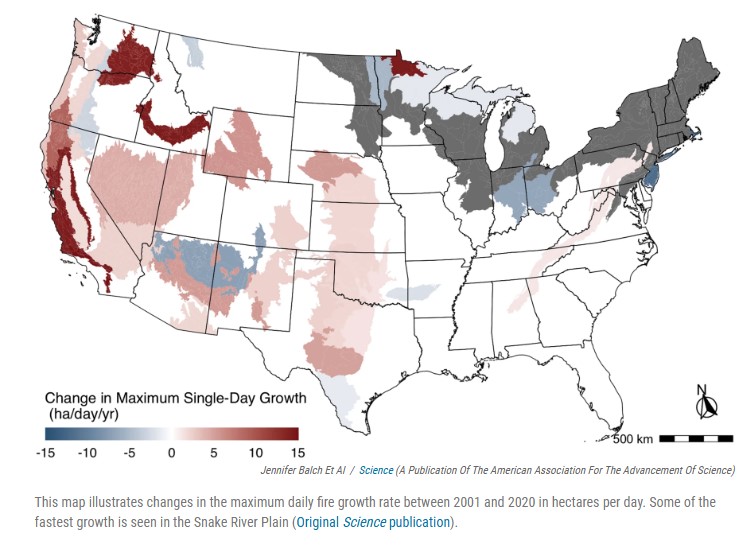 Something wicked nearly returned to the Colorado Front Range as 2025 drew to a close. Records were being set throughout December, with temperatures reaching well into the 70s.
Something wicked nearly returned to the Colorado Front Range as 2025 drew to a close. Records were being set throughout December, with temperatures reaching well into the 70s.
And then the winds came.
“We have wind potential that could gust up to 100mph for some folks today,” CBS News Colorado’s Alex Lehnert told her viewers on Dec. 19.
For the first time in Colorado history, the National Weather Service declared a “Particularly Dangerous Situation” for Boulder County and other nearby communities. Standard red flag wildfire warnings were issued for a long swath that stretched north into Wyoming.
The extreme weather posed “a significant threat to life and property in the event of a wildfire start,” the Boulder County Sheriff’s Department warned residents. “New or existing fire ignitions will have a high risk for very rapid fire spread.” READ FULL STORY: MWNB – Fast Moving Grassfires
As a child, Lytle Denny learned where blue grouse, ruffed grouse, sharp-tailed grouse and greater sage grouse lived. A member of the Shoshone-Bannock Tribes, he scouted the high-desert landscape during family hunting trips on the tribes’ ancestral homelands in southeastern Idaho. His dad preferred hunting deer and elk, but Denny developed an affinity for grouse.
The family hunted together as a group. Denny moved quietly through the silver-green sagebrush, hoping to hear the sudden heavy wingbeats of a startled bird. His family watched, waiting for a flush, not just of grouse but of mammals, too. “So it worked together,” he said. “We’d get birds and big game.” READ MORE
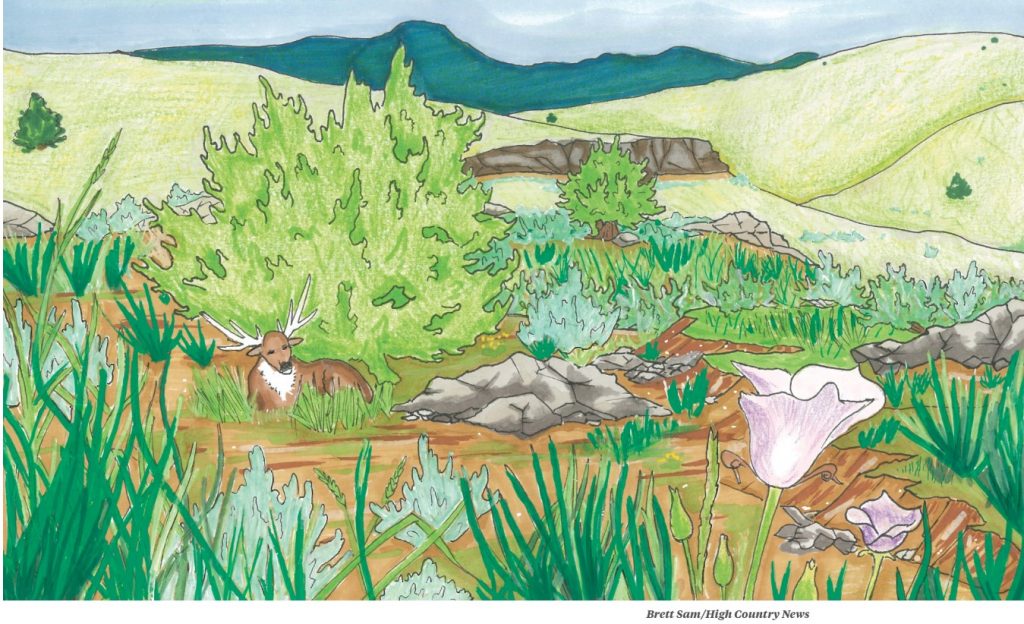
Rare bird: Sage grouse are both unique and imperiled
Much of sage grouse physiology and behavior — from the yellow air sacs that males inflate during mating displays to the species’ preference for eating plants — is unusual for a bird.
Avian evolution has favored light weight for easier flight, leading to hollow bones and small organs. But sage grouse evolved “heavy machinery,” as Boise State University researcher Jennifer Forbey described it — large organs and specialized guts — to digest sagebrush leaves, which are toxic to most animals.
From September to February, sage grouse eat sagebrush almost exclusively, preferring the tiny, silver-green leaves of low-growing species like early and mountain big sage. Scientists have found that these species fluoresce under ultraviolet light due to chemical properties in their leaves. Sage grouse have photoreceptors in their eyes that allow them to see UV light, and researchers like Forbey think that this glow may help the birds locate the plants. Female grouse teach their chicks where to find food, passing on what Forbey called “nutritional wisdom.” Both males and females return to the same breeding, nesting and chick-rearing sites every year, generation after generation.
But the birds’ loyalty and diet are no longer well-suited for today’s landscape, transformed since settlers arrived.
Every year, 1.3 million acres of sagebrush steppe is lost, primarily to wildfires fueled by cheatgrass that has spread, in part, by way of extensive livestock grazing. Unfortunately, animals that rely heavily on one food source — like koalas, pandas and sage grouse — “tend to be the most vulnerable to extinction,” Forbey said. — Josephine Woolington
Interior Dept blazes ahead on unified wildland firefighting agency, without Congress endorsing plans
The Wildland Fire Service also stops short of folding in wildland fire personnel or programs from the USDA’s Forest Service.
The Interior Department is blazing ahead with a reorganization plan that will bring all of its wildland firefighting operations into a single agency.
Starting next week, the department’s wildland fire employees and programs will be moved into a new Wildland Fire Service.
Congress did not approve funds for the consolidation of federal firefighting programs into a single agency. The Wildland Fire Service also stops short of merging wildland fire personnel or programs from the USDA’s Forest Service with those same resources at the Interior Department.
An internal memo sent to staff on Monday states the Wildland Fire Service “will unify wildland fire management within DOI only.”
According to the memo, obtained by Federal News Network, the Wildland Fire Service will “align operations” with USDA through shared procurement, predictive services, research, and policy reforms.
“The success of these efforts will rely on ongoing support from Congress to secure the necessary funding and authorities needed to implement and sustain these important reforms,” the memo states.
President Donald Trump signed an executive order last summer requiring the Interior Department and USDA to consolidate their wildland fire programs “to the maximum degree practicable and consistent with applicable law.” The Trump administration’s fiscal 2026 budget request noted that wildland fire response has been split across five agencies in two departments.
A comprehensive spending deal to fund the Interior Department through the end of fiscal 2026 did not endorse the Trump administration’s plans to consolidate federal wildland firefighting operations into a single agency.
Democrats on the Senate Appropriations Committee wrote in a summary of the Interior spending bill last month that the spending package “specifically provides funding to continue wildland firefighting using the longstanding practice of funding both the U.S. Forest Service and the Department of the Interior to allow Congress to consider legislative proposals for such a major change.”
Most of Interior’s wildland fire personnel will move over to the Wildland Fire Service starting Feb. 8. Last month, Brian Fennessy, former chief of the San Diego Fire-Rescue Department and former fire chief of the Orange County Fire Authority, was tapped to serve as the new chief of the Wildland Fire Service.
The Wildland Fire Service will merge the wildland fire operations of the Bureau of Indian Affairs, the Bureau of Land Management, the Fish and Wildlife Service, the National Park Service, the Office of Aviation Services and the Office of Wildland Fire.
By unifying wildland fire programs spread across four DOI bureaus and two offices, the Interior Department expects to “eliminate redundancies and build a more cohesive workforce.”
“This integration paves the way for streamlined training, stronger recruitment, and greater career growth for Interior wildland fire personnel,” the memo states.
Last fall, an employee group called Grassroots Wildland Firefighters applauded greater coordination between the Interior Department and the Forest Service but said these actions “do not yet go far enough.”
“We know the limits of what can be done through executive action alone. At the same time, we know the limits of what can be done through executive action alone. Lasting reform — true consolidation of our nation’s wildfire workforce under experienced fire leaders in a single, mission-driven organization — will ultimately require congressional action,” the group said in a press release.
Interior said the next steps to stand up the Wildland Fire Service will “occur in deliberative phases to ensure continuity of operations and readiness for wildfire activity in 2026.”
Interior Secretary Burgum issued a departmentwide order last month calling for the unification of the disparate wildland fire operations and activities.
An earlier order from Burgum specified that the Wildland Fire Service would function more as a “strategic alignment of resources” between Interior and the Forest Service, including early fire detection technology, planes and vehicles and modernized communication tools, to ensure “cross-team coordination when jointly fighting wildland fires.”
Wildfires cost the United States hundreds of billions of dollars, posing a risk to national security, public health, energy infrastructure and water sources.
Monday’s memo states that the Wildland Fire Service “positions DOI to harness cutting-edge technology more efficiently,” and invest in advanced wildland firefighting tools.
“By streamlining the chain of command from the firefighter on the ground straight up to the chief, the USWFS will eliminate bureaucratic hurdles and ensure decisive, timely action during wildfire incidents. This clarity in decision-making will strengthen coordination and accelerate response efforts when every second counts,” the memo states.
Tribal wildland fire programs will also be included in the new Wildland Fire Service. The memo states the Interior Department will continue to “honor and administer” current contracts and agreements with tribal wildland fire authorities, and that its Bureau of Indian Affairs will help transfer existing contracts and agreements over to the Wildland Fire Service.
WATCH VIDEO
This documentary pays homage to Wyoming’s pioneering mountain guides and their crucial contributions to the advancement of safe and empowering climbing practices. By weaving together the stories of legendary figures like Glenn Exum and Paul Petzoldt with contemporary narratives, the film will serve as an enduring source of heritage, wisdom, and inspiration for the broad and interconnected community deeply invested in mountaineering and outdoor pursuits.
With Wyoming PBS content you can delve into Wyoming history, explore the breathtaking beauty of our iconic national parks, and immerse yourself in the inspiring tales of Native American leaders, ranching life, the wonders of nature, and the many things to do in Wyoming. Whether you’re seeking inspiring narratives or planning your next adventure in our beautiful state, WY PBS is your trusted guide.
Subscribe to our channel: / wyomingpbs
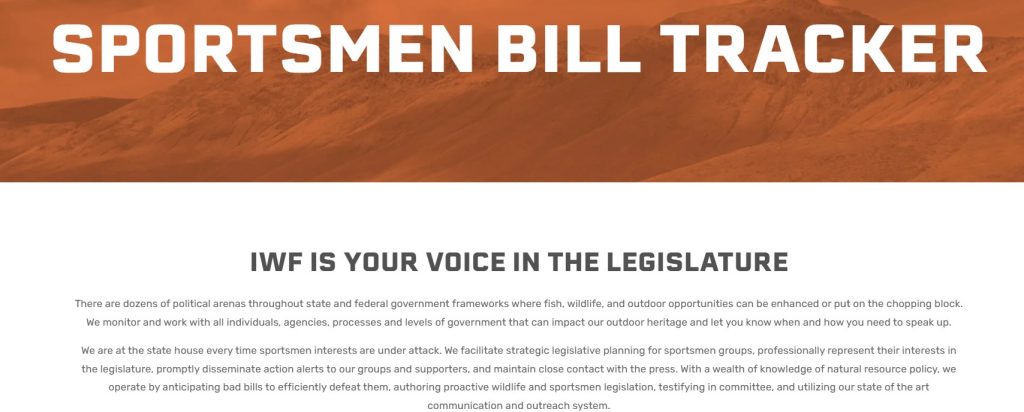 Bookmark our 2026 Idaho Wildlife Bill Tracker to keep the bills that matter in your scope.
Bookmark our 2026 Idaho Wildlife Bill Tracker to keep the bills that matter in your scope.
Find your local legislators https://legislature.idaho.gov/legislators/whosmylegislator/
Hi Heather, Dan and Rob,
Thank you for sharing your wilderness/trail resources! My family and I are headed out to Joshua Tree next week for our annual camping trip and we’re super excited! I’m putting together our packing checklist and meal plan now. Your backpacking/campfire recipes were fantastic – I’m glad we came across the Squaw Butte Back Country Horsemen’s Training & Documentation page. We found this on Dutch Oven cooking and wanted to share.
USFS Developing Thinking Sawyer Chain Saw Academic Training Opportunities
1st Class
Where: Carl’s Cycles, 5550 W State Street, Boise, ID
When: Wednesday Feb 4th/Feb 11th 6-9 pm
(Broken into two 2 – 3 hour sessions)
2nd Class (Preregistration Required for access to NG Base)
Where: Gowen Field, Regional Maintenance Training Site, 4355 W. Harvard St. Bldg. 806 Boise, ID 83705
When: Saturday March 7th 830am to 4pm
3rd Class
Where: Classroom with be held in Sweet, ID from 08:30 to 16:00 on Saturday May 3, 2026
What is a Sawyer?
In March of 2023 the USFS released “Developing Thinking Sawyer” a module-based chain saw training course developed with seasonal fire crews and volunteers in mind. This two-day course consists of 6-8 hours classroom and demonstration, followed by a day in the field working on various sawyer problems and certification evaluation. DTS covers both Chainsaw and Crosscut and is recognized by all three federal land agencies.
USFS certifications for non-fire employees and volunteers are:
Apprentice “A” bucker , “A” bucker/faller
Requires a B or C sawyer to be supervising
Journeyman “B” bucker , “B” bucker/faller
Master “C” bucker , “C” bucker/faller
Sawyers can hold multiple levels of certification on one card. Example: Chainsaw: C-bucker, B-faller; Crosscut: B-bucker/faller.
Chainsaw Sawyers must be 18 at the time of their field day and have a valid First Aid Card.
“B” sawyers require the full DTS training with an extra day if falling certification is required.
“C” sawyers require multiple years of experience and completion of DTS and an additional advanced workshop.
Sawyer Certification cards are valid for 3 years before recertification is required. Recertification can be compressed with a ½ day classroom refresher and a ½ day in the field.
First Aid/CPR cards generally are valid for 2 years.
Why is sawyer training important?
The federal public lands agencies require all people doing trail work on public lands to be under a volunteer agreement or some sort of contract. Those under volunteer agreements must posses the same training certifications as agencies summer employees, first aid/CPR and if running a saw, a sawyer certification. “Volunteers will be covered by USFS workman’s compensation and liability insurance, while working on projects approved by the land agency.”
With the crazy weather across Idaho in Dec of 2025, we are already seeing an incredible amount of trees blown down due to the high precipitation and warm weather when the crazy wind storms came through. The 2026 riding season will be impacted by the amount of trees that have fallen. Its going to be vital for safe and effective clearing of trees with chainsaws.
Cost.
DTS Workshop are free to any volunteer who is a member of a group with a Volunteer Agreement.
What to bring?
Bring an open mind to safe and effective chainsaw training. All PPE and saws will be provided at the field days.
First Aid Training (Required prior to field day)
Best: Wilderness First Aid Boise, ID WFA | Idaho Rescue Training
Minimum: Adult First Aid/CPR/AED Online
How to Sign up?
Please RSVP with Rob Adams (moosely.adams@gmail.com) and Dan Waugh (dan.p.waugh@gmail.com).
Field Day.
Field Days will be held north of the Pine Flats Campground on the Banks-Lowman Road west of Lowman, ID
Sign-up and Safety Meeting will be completed before 10:00, Field Day 10:00 to 15:00
In the past this area has been snow free by early April
Dates: Sunday April 19, Sunday April 26, Sunday May 3 & Saturday May 9
Public Lands – US House votes Wednesday to strip conservation measures that safeguard the wilderness


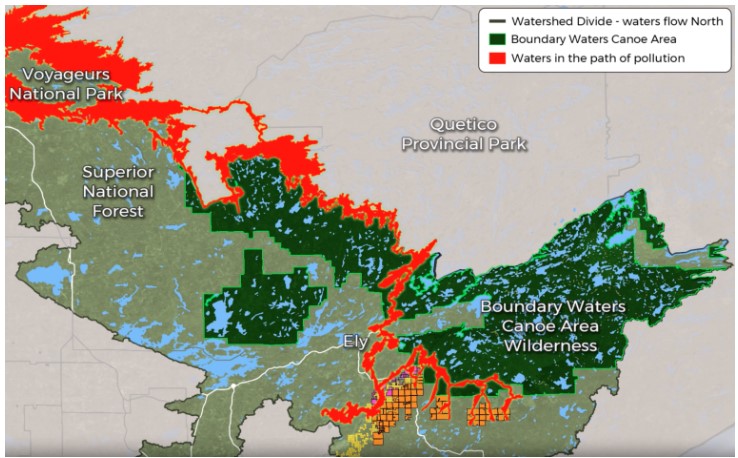 The U.S. House of Representatives narrowly passed a resolution Wednesday that puts a copper-nickel mine on the edge of the Boundary Waters Canoe Area Wilderness one step closer to reality. Taking an unprecedented approach to using the relatively novel Congressional Review Act, the House voted 214-208 in favor of overturning a 20-year mining moratorium that was established in 2023. These current protections cover 225,504 acres in the Superior National Forest and center around the Rainy River Watershed that lies upstream of the BWCA.
The U.S. House of Representatives narrowly passed a resolution Wednesday that puts a copper-nickel mine on the edge of the Boundary Waters Canoe Area Wilderness one step closer to reality. Taking an unprecedented approach to using the relatively novel Congressional Review Act, the House voted 214-208 in favor of overturning a 20-year mining moratorium that was established in 2023. These current protections cover 225,504 acres in the Superior National Forest and center around the Rainy River Watershed that lies upstream of the BWCA.
“The Boundary Waters is the pinnacle of wild places,” says Matthew Schultz with Sportsmen for the Boundary Waters. “The chance of polluting a place like that to me is pretty crazy. It just doesn’t shake out.” READ MORE
Sen. Ben Adams, R-Nampa, first announced his proposal in August, well ahead of the 2026 legislative session that began this month, the Idaho Capital Sun previously reported. He unveiled the draft text of the amendment later that month.
Adams told the Senate State Affairs Committee on Wednesday that since unveiling his proposal, he’s had conversations with residents and industry leaders all over the state.
“I wanted feedback. I wanted a lot of feedback, because it deals with a very personal matter for every Idahoan, and that is our public land here in Idaho,” Adams said.
He said he slightly changed the text from his August proposal, but “the intent did not change.” READ MORE

We’re looking forward to hosting a number of webinars over the next few months to help get you ready for hiking season.
Come learn about our Youth Trail Program for ages 14-18!
February 10 @ 6pm PT/ 7pm MT
Learn how to make backcountry meals that are simple, nourishing, and actually taste good with Kristina Schmid, founder of EmpowHer Outdoors.
February 11 @ 6pm PT/ 7pm MT
This is your chance to get a sneak peek at the year’s best projects and learn how you can be part of making a difference on Idaho’s incredible trails.
February 26 @ 6pm PT/ 7pm MT
Basic Wilderness Survival & First Aid Webinar
Kristina from EmpowHer Outdoors will help you build confidence in the outdoors by learning essential wilderness survival and basic first aid skills.
March 11 @ 6pm PT/ 7pm MT
 WHAT’S BEHIND ALL THIS deferred maintenance? According to Forest Service staffing
WHAT’S BEHIND ALL THIS deferred maintenance? According to Forest Service staffing
reports from 2019, the agency’s workforce has contracted substantially over the last 30
years, losing roughly 20% of its staff. Under the Trump administration, full-time staffing
has decreased by an additional 10% due to DOGE layoffs, though this
month’s Congressional appropriations bill spared the agency the worst of the drastic
2026 budget cuts proposed by the White House last year.
Recreational trail staff, once robust in the 1980s, has dwindled with these reductions in
force, with many districts reporting zero, or just one, permanent recreation staff and
fewer than three seasonal staff to oversee hundreds of miles of trail. A July 2025
internal Forest Service report, shared with me by a confidential source, concluded that
each of the agency’s nine regions were missing up to 80% of their trail and recreation
workers.
December’s follow-up Forest Service report quoted a chorus of disaffected anonymous
rangers. “My trail program is suffering the worst morale setbacks of all my district
programs,” said one acting district ranger. “We lost 200 years of trail experience this
year,” said a forest recreation manager. One district trail manager was considering
packing in a multi-decade career altogether. “It feels like 24 years of trails and
wilderness work,” they said, “rolling back to the bottom of the hill.”
Volunteers and local stewardship groups have had to show up in force, demonstrating
the value Americans place on access to public lands. In fiscal year 2023, 71,660
volunteers contributed 2.6 million hours of service to the Forest Service, more than
double the hours logged by agency employees. Yet even that tidal wave of donated labor
can only slow, not reverse, the decline of infrastructure compounded over decades of
mismanagement.
At the highest levels of government, on both sides of the aisle, politicians acknowledge
this systemic neglect. During his Senate confirmation hearing, now-Secretary of the
Interior Doug Burgum agreed that addressing the maintenance backlog was crucial: “We
just have to make sure not just the national parks, but across the whole department, we
have to get the formulas right, because we are creating liabilities for future generations
if we are not taking care of that deferred maintenance.”
READ FULL STORY: Public Land Trails are Disappearing
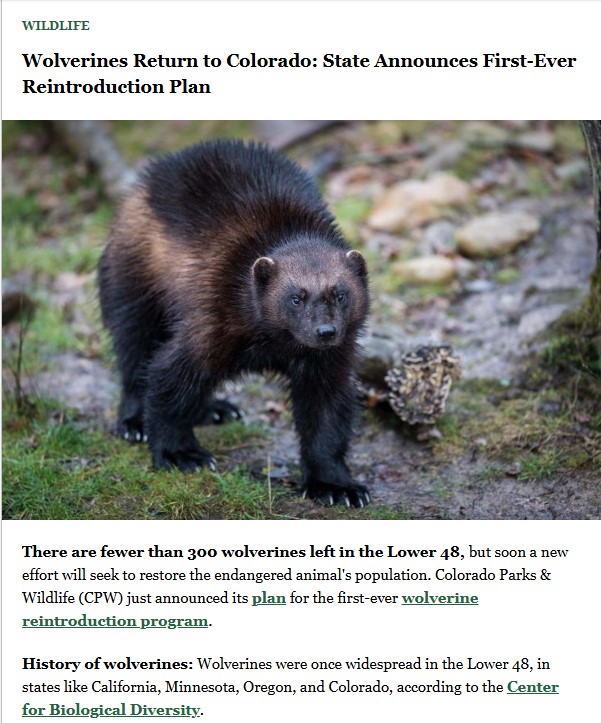 There are fewer than 300 wolverines left in the Lower 48, but soon a new effort will seek to restore the endangered animal’s population. Colorado Parks & Wildlife (CPW) just announced its plan for the first-ever wolverine reintroduction program.
There are fewer than 300 wolverines left in the Lower 48, but soon a new effort will seek to restore the endangered animal’s population. Colorado Parks & Wildlife (CPW) just announced its plan for the first-ever wolverine reintroduction program.
History of wolverines: Wolverines were once widespread in the Lower 48, in states like California, Minnesota, Oregon, and Colorado, according to the Center for Biological Diversity.
Since the early 1900s, the population has sharply declined, mostly due to trapping and habitat loss. In 2023, they were added to the Endangered Species List.
Why reintroduce? Beyond helping revive an endangered species, reintroducing the wolverine has other benefits. The animal is naturally an opportunistic scavenger-predator. In addition to hunting small mammals like squirrels and rabbits, they’ll eat leftovers from carcasses of sheep, caribou, and moose that other, larger predators have left behind.
As the nonprofit Defenders of Wildlife explains, “Wolverines play an important role as nature’s cleanup crew. By scavenging dead animals, they help recycle nutrients back into the ecosystem and reduce disease spread by eating carcasses.”
What’s the plan? According to CPW, over 94% of the planned reintroduction habitat is on federal land. The areas include parts of Rocky Mountain National Park, the Elk and West Elk Mountains, and the San Juan Range.
The department will release 15 wolverines per year for 3 years beginning in 2027. Depending on how the species fares, there may be more reintroductions. Since wolverines have very large home ranges, the state can support around 100.
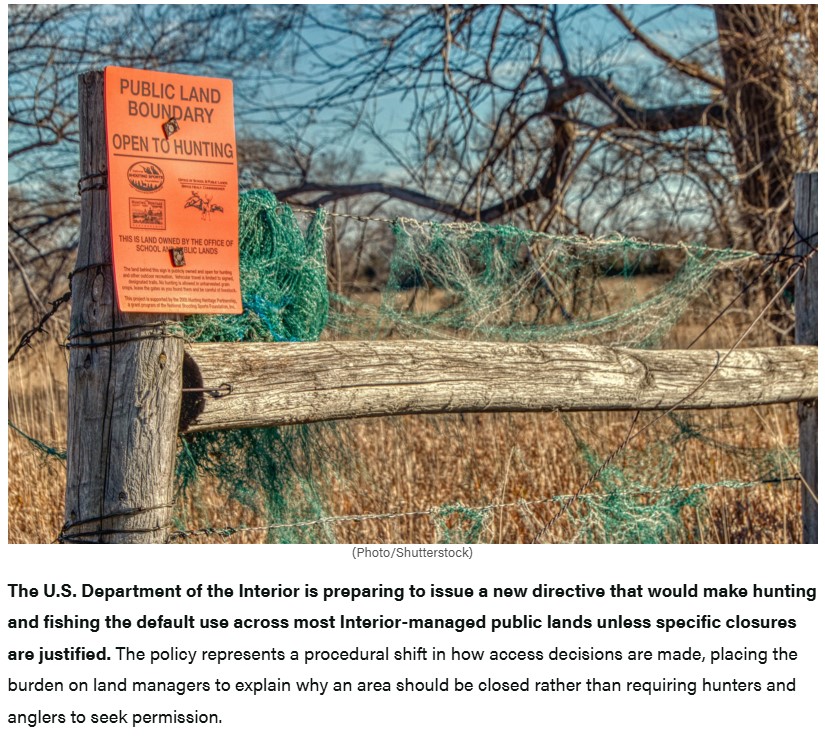 The U.S. Department of the Interior is preparing to issue a new directive that would make hunting and fishing the default use across most Interior-managed public lands unless specific closures are justified.
The U.S. Department of the Interior is preparing to issue a new directive that would make hunting and fishing the default use across most Interior-managed public lands unless specific closures are justified.
What’s new: Under this framework, federal lands would be considered open to hunting and fishing unless a closure is required by law, public safety concerns, or documented resource protection needs. Closures will require clear er justification, higher-level approval, and better documentation.
This does not create new hunting or fishing rights or eliminate conservation safeguards. It does, however, flip the starting assumption. Hunting and fishing would be treated as a default use of federal lands, not an exception.
What land does it a pply to? The order would apply to areas controlled by the Bureau of Land Management, U.S. Fish and Wildlife Service, and the Bureau of Reclamation. Some units within the National Park Service that already permit hunting would also fall under the framework.
What land is excluded? Areas closed to hunting by statute would remain closed. Lands managed by the Bureau of Indian Affairs would not be affected. READ MORE
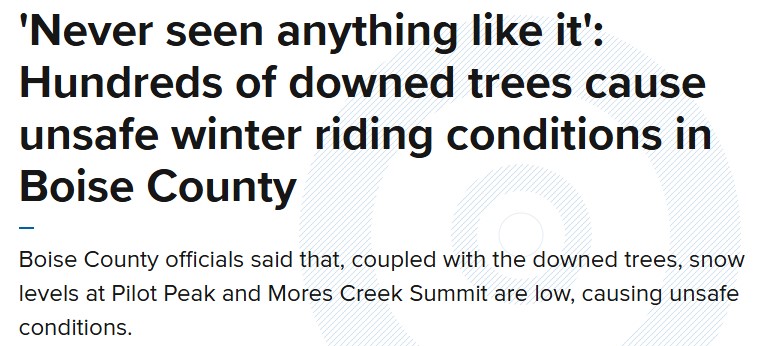
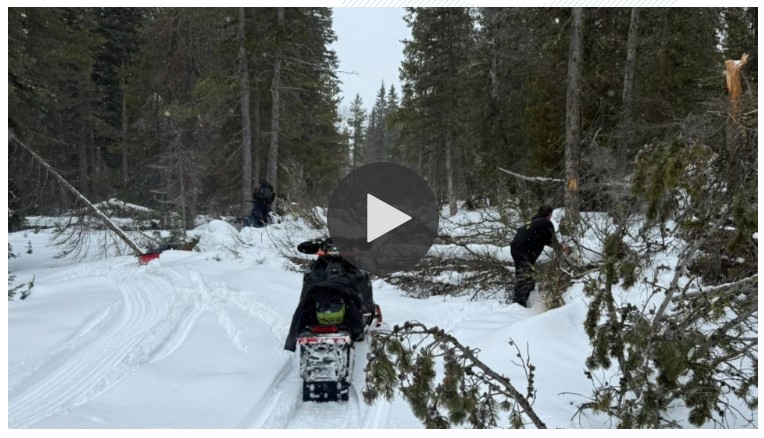 BOISE, Idaho — Winter riders looking to hit the snow at Pilot Peak and Mores Creek Summit in Boise County should avoid the area due to poor snow conditions and downed trees.
BOISE, Idaho — Winter riders looking to hit the snow at Pilot Peak and Mores Creek Summit in Boise County should avoid the area due to poor snow conditions and downed trees.
Boise County Grooming 8A, a group that maintains snowmobile trails and winter parking lots, said it was astonished by how many trees had fallen in the area Thursday.
Boise County officials said even if it gets good snowfall, the area will be challenging to groom, as “[they] are going to need a lot of snow to be able to groom over and around this huge mess.”
“In the 39 years of riding Mores Creek area I have never seen anything close to what we seen today,” Boise County Grooming 8A said.
The Boise County Sheriff’s Office said riders should avoid the area for safety concerns due to a 3-foot snow base. Mores Creek Summit is recommended for expert riders, and the approximate Thursday’s snow base is 0 feet. LINK TO STORY
Union representatives for U.S. Forest Service workers in the Sawtooth and Salmon-Challis national forests are echoing some conclusions stated in an internal Forest Service trails report recently obtained and published by The Washington Post describing widespread public and employee dissatisfaction with trails on federally-managed public lands.
The internal report, published on Tuesday, Dec. 16, stated that services and public satisfaction in national forests across the U.S. will “continue to decline in 2026 and beyond without direction to prioritize investments in recreation generally and the trails program specifically.”
The report also stated that some districts across the country have lost up to 100% of their trails staff and “hundreds of years of trail expertise.” It stated that Forest Service staff are experiencing stress and burnout.
Good morning and Happy New Year! As we reflect on the accomplishments of 2025, I want to extend my heartfelt gratitude to each of you for your dedication to our Squaw Butte Chapter. Your contributions were vital in achieving our goals, as evidenced by the impressive totals we logged this year: 1,405 personnel hours, 467 trail miles, 8,892 travel miles, and 82 stock with 92 stock days, culminating in a total value of $73,408.66. Thank you for your commitment and hard work; it truly made a difference.
2026 will bring many more adventures and a lot of opportunities to get involved!
I have included a copy of the report that has been sent to BCHI and the BCHI proposal to move the hours and miles report due date to September 1st.
Please remember that there will not be a meeting tonight. See you all in February!
Lisa Baer
Squaw Butte Back Country Horsemen End of Year Summary 2025
Back Country Horsemen of Idaho Proposal Hours Coordination 2026

https://boisedev.com/2025/03/20/wilks-brothers-skirting-subdivision-rules-in-plan-to-sell-2000-acres-near-cascade-2/
BOISEDEV ICYMI 2025
In Case You Missed It: Some of our best stories of the year
A company owned by Texas billionaires Dan and Faris Wilks is selling 73 ranch sites carved from about 2,000 acres south of Cascade.
Plans for Legacy Creek Ranch, as dubbed by DF Development, look like subdivisions across Valley County, but are not subject to the same rules and review process because the ranch sites were created by a series of lot line adjustments and original parcel splits.
That, Valley County Planning and Zoning Administrator Cynda Herrick said, is the difference between selling raw land and being required to follow the county’s subdivision laws.
“I’ve been talking with (DF) and they understand that this isn’t the preferred method,” Herrick told Valley Lookout. “But it’s what they’re entitled to by law.”
The method used by DF enables Legacy Creek Ranch to avoid the county’s subdivision requirements, which include plans for drainage, irrigation, drinking water, septic systems, utilities, and streets.
It also means that the company is not required to create a fire protection plan covering things like water supply, emergency access, and vegetation management.
The plan also avoids review by the Valley County Planning and Zoning Commission, as well as several state agencies, including the Idaho Transportation Department, the Idaho Department of Environmental Quality, and the Idaho Department of Water Resources. READ MORE
Volunteers clear nearly 500 fallen trees from Forest Service roads | Coeur d’Alene Press https://share.google/6dS7zogwVPNW5DTuF
 Volunteers assess road conditions in the Fernan Hill area following last week’s high winds. Volunteers removed nearly 500 fallen trees from area Forest Service Roads over the weekend.
Volunteers assess road conditions in the Fernan Hill area following last week’s high winds. Volunteers removed nearly 500 fallen trees from area Forest Service Roads over the weekend.
It’s not just snowmobilers that recreate on North Idaho’s National Forest land, said Back Country ATV and UTV Association President Bret Uhlich.
Hikers, cross-country skiers and even sled dog teams take advantage of the groomed backroads and trails that make winter recreation accessible.
“We all love the backcountry,” Uhlich said.
It was this love for the backcountry that united 75 volunteers Saturday, enough manpower to clear nearly 500 fallen trees along Bunco Road, Fernan and the Fourth of July Pass.
Most volunteers were members of local organizations, including the Back Country ATV and UTV Association, the Coeur d’Alene Snowmobile Club and multiple Jeep clubs.
“Calls for action” were issued last week after high winds tore through North Idaho, downing trees, damaging infrastructure and resulting in one death.
One member of the Snowmobile Club had driven up into the Fernan Saddle area Wednesday to assess the road conditions and found trees nearly 2 feet in diameter toppled across the dirt road.
The club member was able to clear a quarter mile of the roadway by himself.
“Progress is possible, but it is slow, hard work,” the Snowmobile Club shared to social media Dec. 18.
With volunteers split into nine teams, several dozen miles of roadway were cleared of downed trees and other debris.
Cutting and moving the downed trees out of the roadways will save groomers both time and resources once the area receives significant snowfall, said Coeur d’Alene Snowmobile Club President Steven Cox.
The work will also allow outdoor enthusiasts to access the trails earlier in the season.
“I figured we should use the brief window we have before it started to snow,” Cox said.
These efforts underscored the importance of organizations like the Snowmobile Club, he added.
“This shows exactly what the need for this club is,” Cox said. “It was really good to see how many people came together to do this.”
And though there’s still plenty more work left to do, time and weather will determine whether crews can safely get back out there.
“There’s more to go, but unfortunately it’s a little dicey out there,” Uhlich said.
- Streamlined Permitting: Makes it easier for outfitters, guides, and nonprofits to operate on public lands.
- Improved Access: Creates new bike trails, modernizes campgrounds, and helps underserved communities get parks and green spaces.
- Economic Support: Benefits local economies, especially in rural areas, by supporting recreation businesses and infrastructure.
- Modernization: Updates technology and processes for visitor experiences, like online passes and better data.
- Inclusivity: Includes provisions for adaptive trails for veterans and people with disabilities (like the Military & Veterans in Parks Act).
- Expanded Opportunities: Supports activities like shooting ranges, climbing, and camping.
- Comprehensive: A package of multiple recreation-focused bills rolled into one.
- Bipartisan: Passed with broad support in Congress.
- Sustainable: Aims to grow the outdoor economy without harming natural resources, preventing degradation at busy sites.
2025 Session Recordings
Click here to view the recorded sessions from 2021-2025, including a brief description, list of presenters, and available recordings.
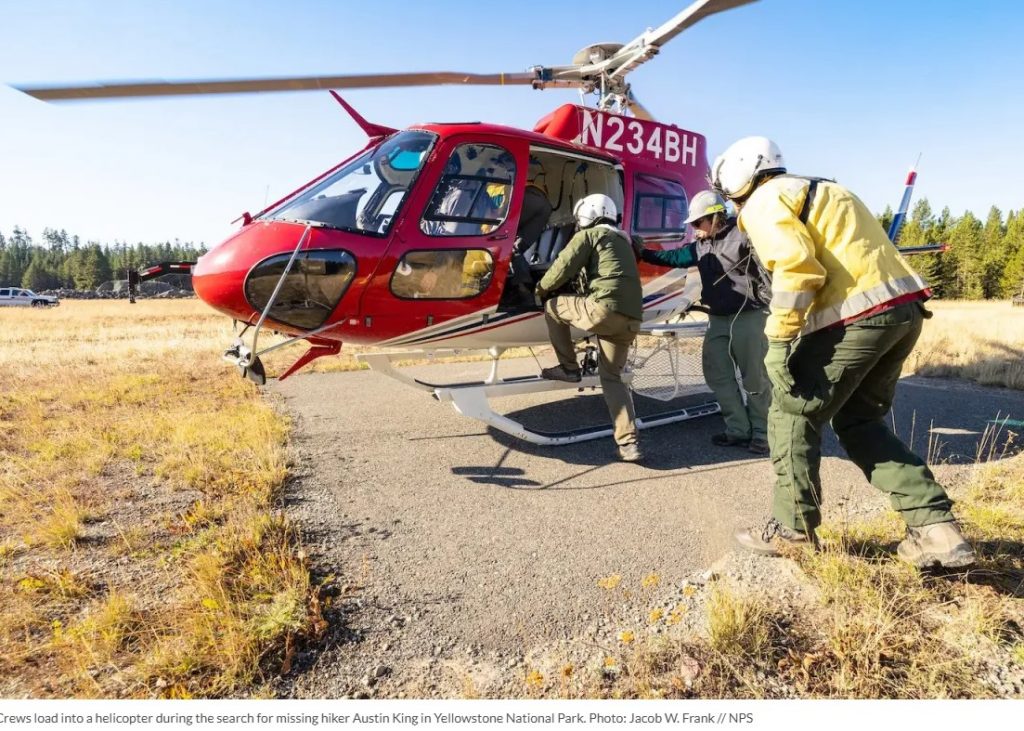
Much of Wyoming outside of Yellowstone and Grand Teton also struggles with emergency response time.
By Katie Klingsporn, WyoFile
Wyoming’s U.S. Sen. John Barrasso is pushing legislation to upgrade emergency communications in national parks — a step he says would improve responses in far-flung areas of parks like Yellowstone and Grand Teton national parks.
“This bill improves the speed and accuracy of emergency responders in locating and assisting callers in need of emergency assistance,” Barrasso told members of the National Parks Subcommittee last week during a hearing on the bill. “These moments make a difference between visitors being able to receive quick care and continue their trip or facing more serious medical complications.”
The legislation directs the U.S. Department of the Interior to develop a plan to upgrade National Park Service 911 call centers with next-generation 911 technology.
Among other things, these upgrades would enable them to receive text messages, images and videos in addition to phone calls, enhancing their ability to respond to emergencies or rescues in the parks.

Each year, rangers and emergency services respond to a wide range of calls — from lost hikers to car accidents and grizzly maulings — in the Wyoming parks’ combined 2.5 million acres.
Outside park boundaries, the state’s emergency service providers also face steep challenges, namely achieving financial viability. Many patients, meantime, encounter a lack of uniformity and longer 911 response times in the state’s so-called frontier areas.
Improving the availability of ground ambulance services to respond to 911 calls is a major priority in Wyoming’s recent application for federal Rural Health Transformation Project funds.
Bipartisan legislators in the House this week co-authored a bill to outlaw the intentional use of snowmobiles and other motorized vehicles to ram and crush coyotes, wolves, and other animals on federal land.
The Snowmobiles Aren’t Weapons (SAW) Act would “close a glaring gap in federal wildlife protections,” according to the conservation group, Animal Wellness Action.
While several states prohibit hunting wildlife “from motor vehicles,” most states, not including Minnesota, Oregon, and Colorado, do not explicitly outlaw ramming or running over animals with a motorized vehicle on federal land.
“At a time when the House is taking up problematic legislation to remove federal protections for gray wolves from the Endangered Species Act, it’s more important than ever to stand up for responsible stewardship of our public lands and wildlife,” said Rep. Val Hoyle, D-Ore. “This bipartisan legislation shows we can work through thoughtful policy debates on conservation and wildlife management without condoning cruel and dangerous practices that threaten animals and public safety.”
The bill was co-sponsored by Mike Lawler, R-N.Y., Debbie Dingell, D-Mich., and Brian Fitzpatrick, R-Pa.
Court said Forest Service plans too vague and failed to consider grizzly bear habitat
By Darrell Ehrlick DAILY MONTANAN
A federal judge halted a large logging project near Yellowstone National Park because he said the United States Forest Service submitted plans that made it impossible to judge how it would affect critical grizzly bear habitat.
The 16,500-acre project located in the Custer Gallatin National Forest would have allowed the U.S. Forest Service to select timber and build roads for logging, but without offering specifics, only pledging that its plans would consider the total distance of the roads and not exceed certain parameters in acreage size, designed to protect critical bear habitat.
However, Judge Donald W. Molloy said that the plans amounted to giving the Forest Service permission and trusting that it would be compliant later. He also said in a 46-page ruling released Thursday that the plans also made it difficult to judge how the logging project would impact grizzly habitat, and that U.S. Fish and Wildlife Service said a female grizzly’s minimum range was 10 acres, while not basing that decision on any cited science. READ FULL STORY


How do I hang a pack saw on my saddle?
One sure way to secure a saw to your riding saddle is to tie the pack saw handle with the rear saddle strings and then secure the blade under your leg. However, the pack saw scabbard has a versatile design that would allow you many options. Whichever way you choose, remember to offset the added weight of your saw by loading your horse saddlebags or horn bags heavier on the opposing side.
Why do I need to carry a pack saw or a camp axe with me on the trail?
The obvious answer here is for windfall blocking the trail. It is not always possible to go around a windfall, nor would you necessarily want to get into that habit; the new trail you would create only adds to the erosion of a potentially fragile area. It is better instead to simply clear the trail. Read the article “Pack Saws and Camp Axes” for a full explanation of why it is so important to carry a pack saw when you are out on the trail.
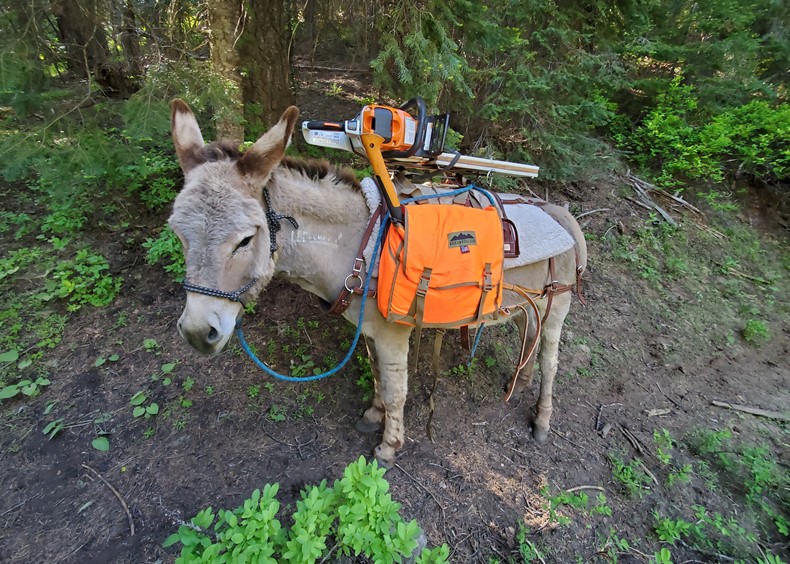 Hey Folks,
Hey Folks,
I’m reaching out to highlight our appreciation for your time and energy in working with the Boise National Forest and our north zone (Cascade, Emmett and Lowman District) trails program.
I’m currently applying for trail grant funding to pay for crews to do work on motorized and non-motorized trials in 2027 and 2028. The reason for this timeline is that I learn whether we are awarded the grant in early summer 2026 and can’t receive funding until the fall of 2026, therefore I use that funding to pay for crew time the following year.
I have attached a draft of our current trail grant; I also send a draft of the grant to the IDPR committee that oversees the awarding of RTP grants.
What I need from your organization if you haven’t already submitted it: Volunteer hours for the 2025 field season. I have attached a volunteer report form, but you can also use a different format, number of volunteers number of hours (8 is the minimum for a day) and where are really helpful. What I need if your group would like to support the Boise NF in it’s grant request for 2026. A letter of support.
I use volunteer hours to make up the %5 non-federal match. Currently IDPR lists that value at $7.25 an hour for the RTP grant. I have made a request to update that amount to match the actual value that volunteers contribute, so hopefully that will change at some point. The letter of support needs to list the number of volunteer hours a group is willing to support us doing trail work during the years we will have the grant. The letter must explicitly state the number of hours, as per IDPR policy. I generally use the previous year’s volunteer hours or take an average. I am happy to help sort out hours and draft a letter or provide examples if needed. If you don’t want to state you will help with hours, just a note that you support the grant is also helpful.
Second, please let me know if there is a time when I could attend a club meeting in January, February or March and what date, time and location the meeting would occur and I can give an update on 2025 trail work and future planning.
Again, thank you so much for the support and help, we covered a lot of ground in 2025 and addressed lots of post fire impacts with help from so many partners. We certainly couldn’t do the work without you.

